Begijnhof, 8000 Brugge, Belgium
- Transmission 7-Speed Automatic
- |
- Drive Rear Wheel Drive
- |
- Mileage n/a
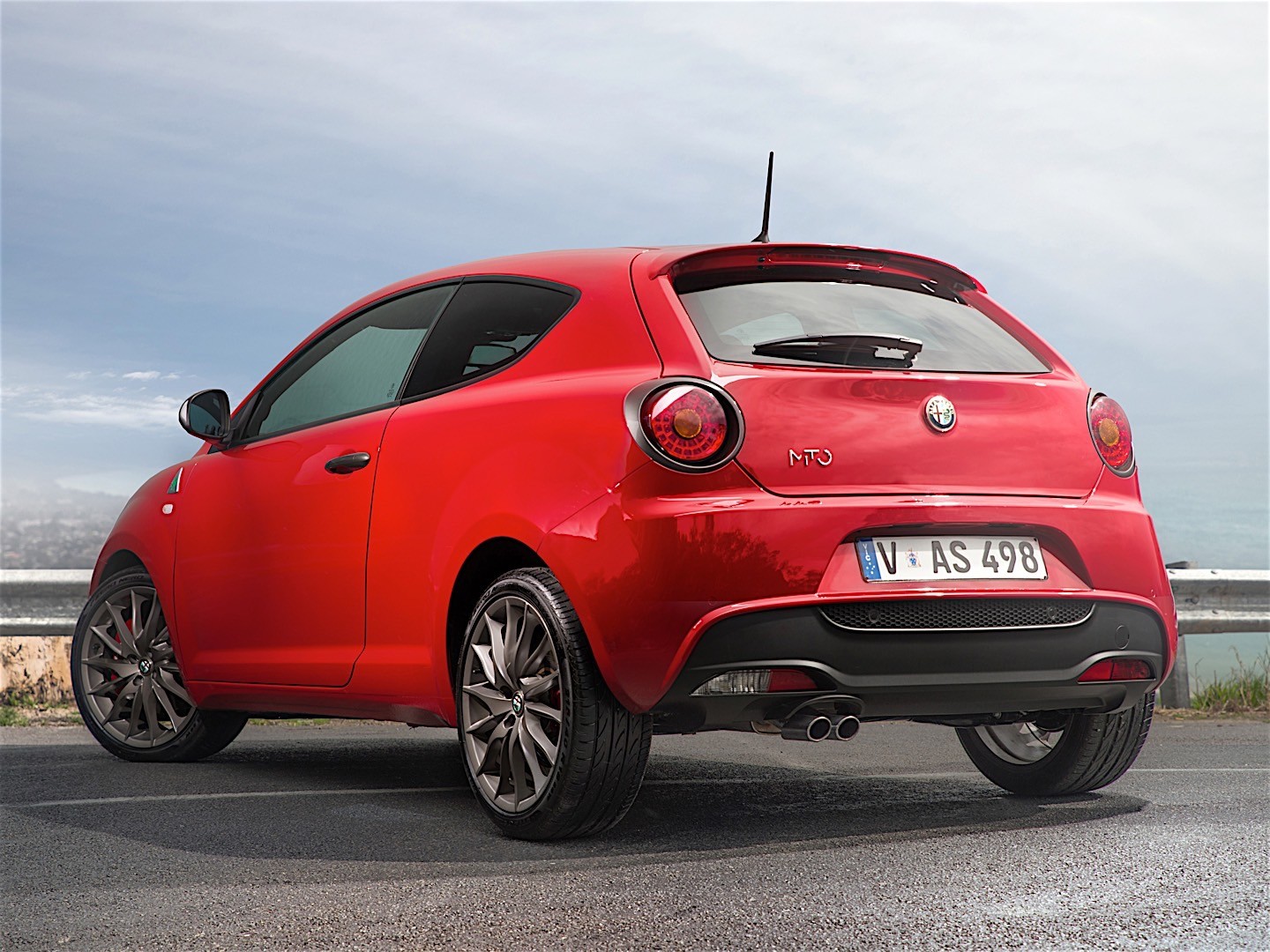
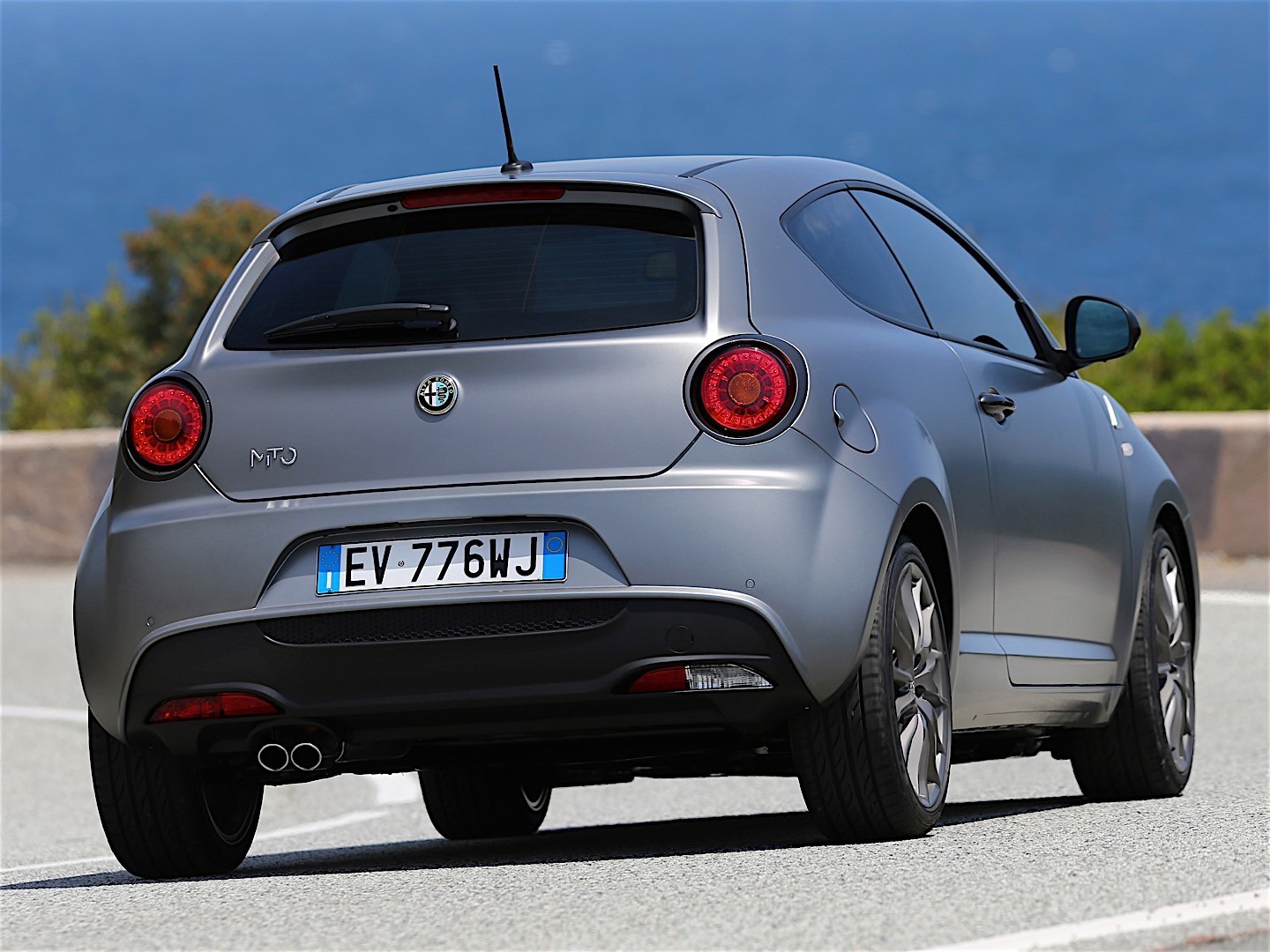
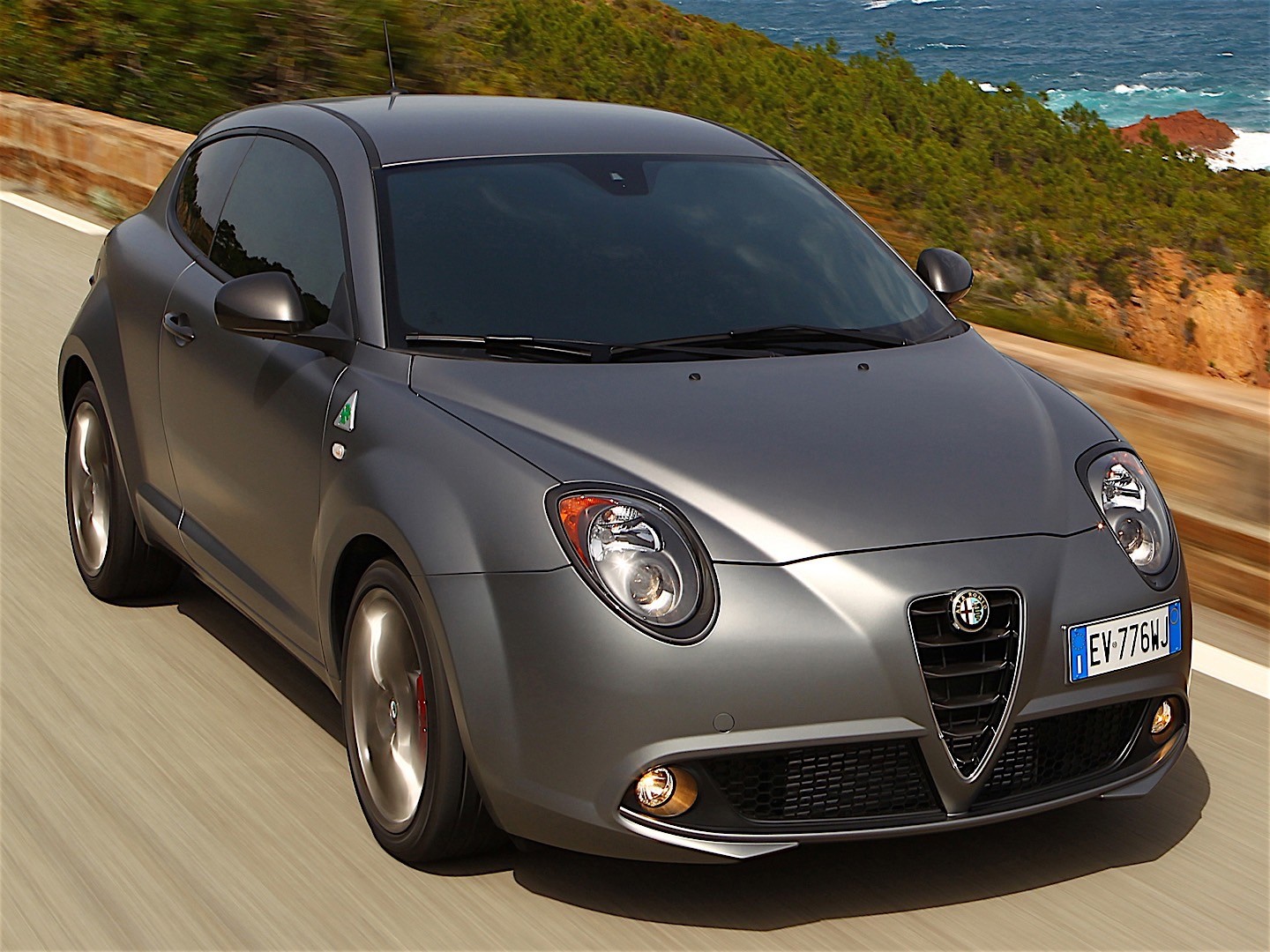

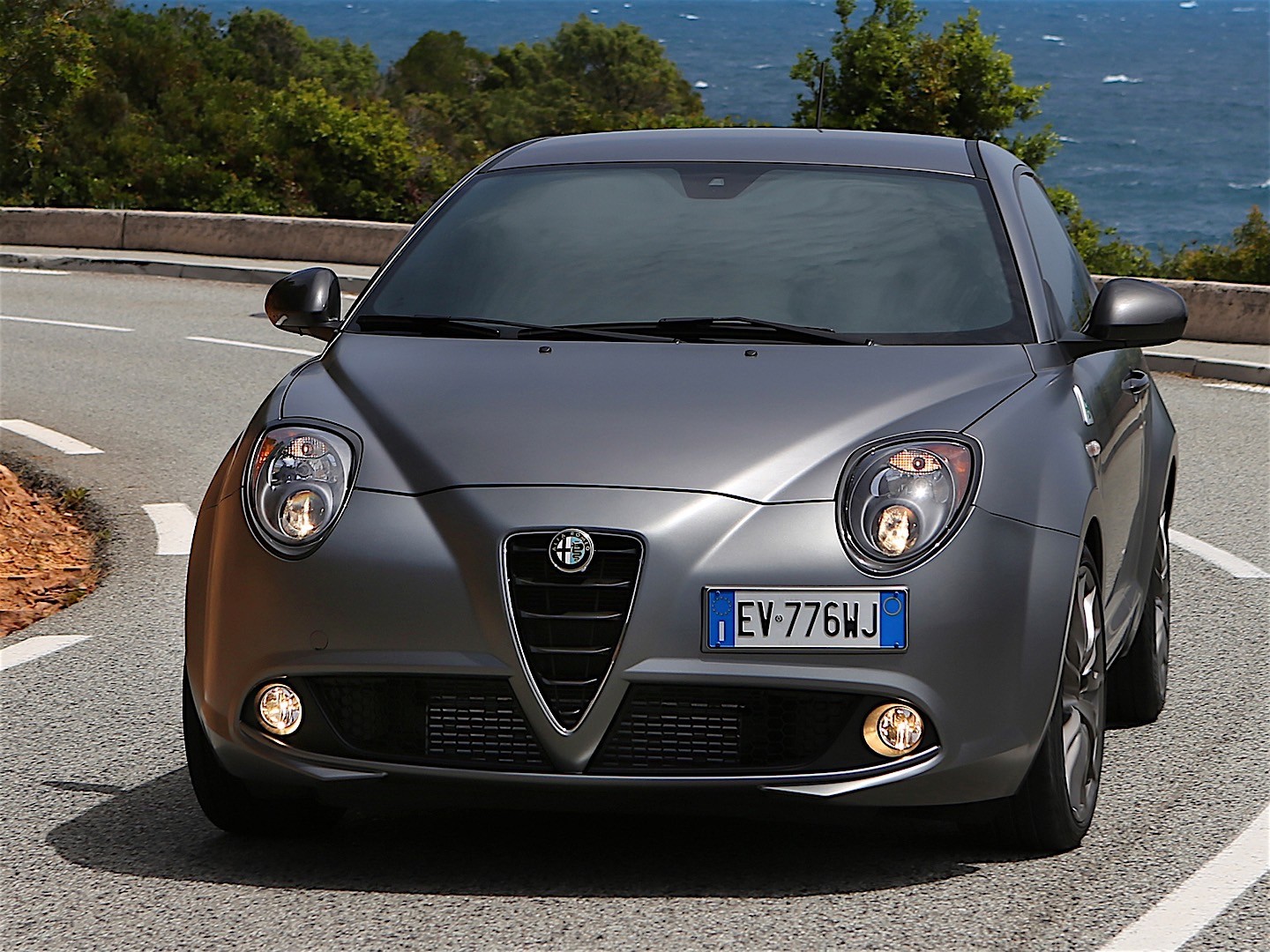
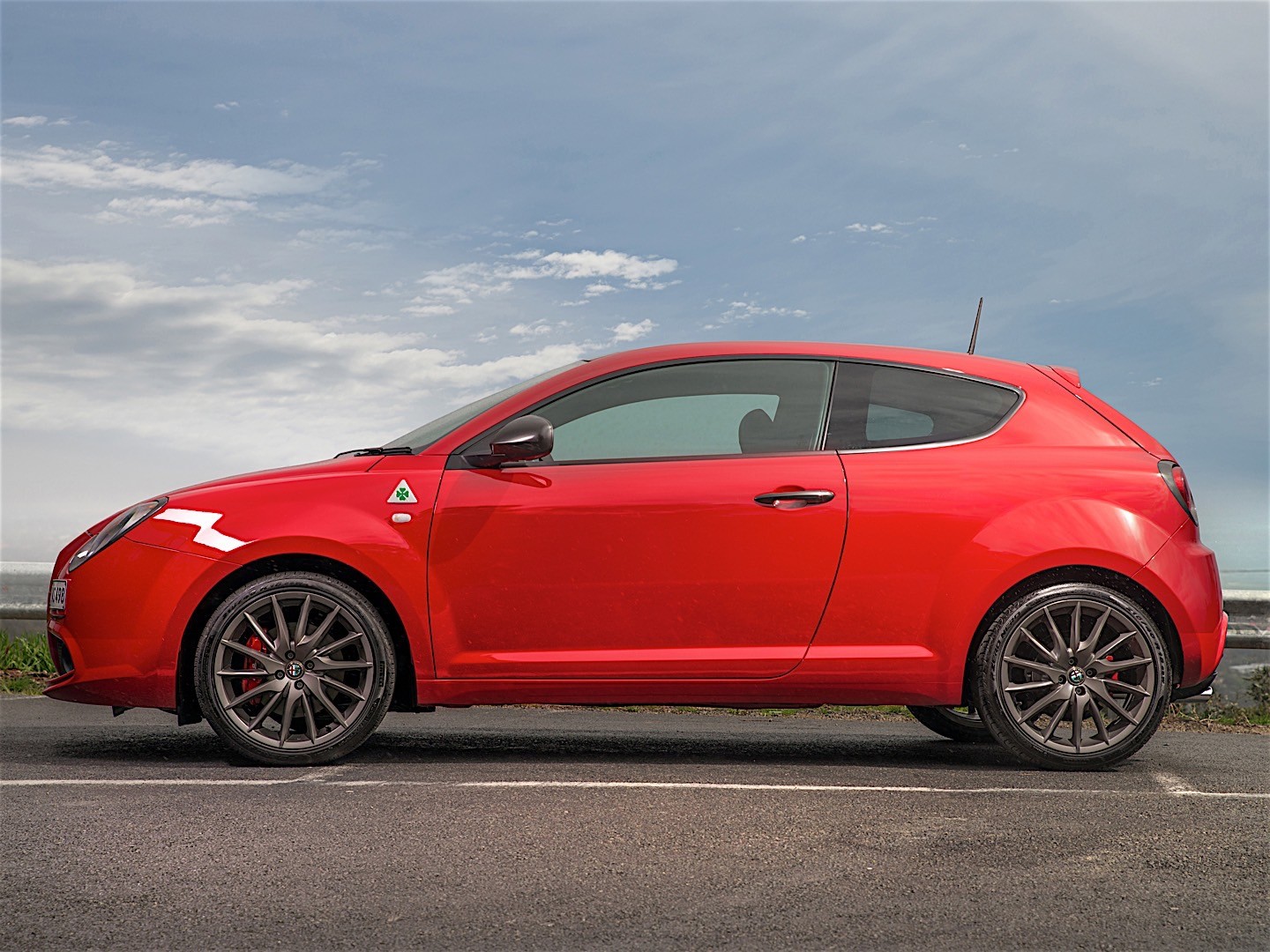
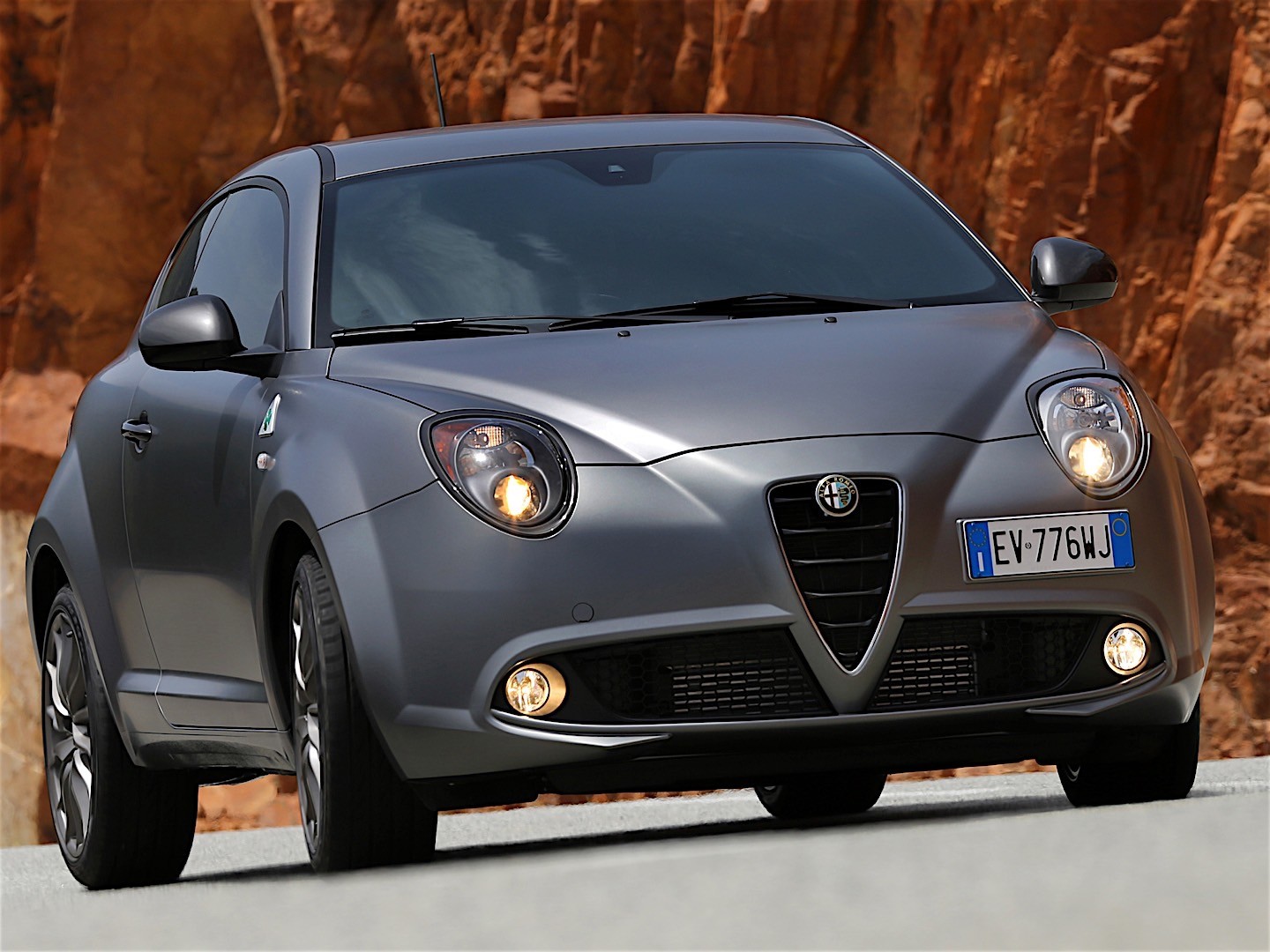
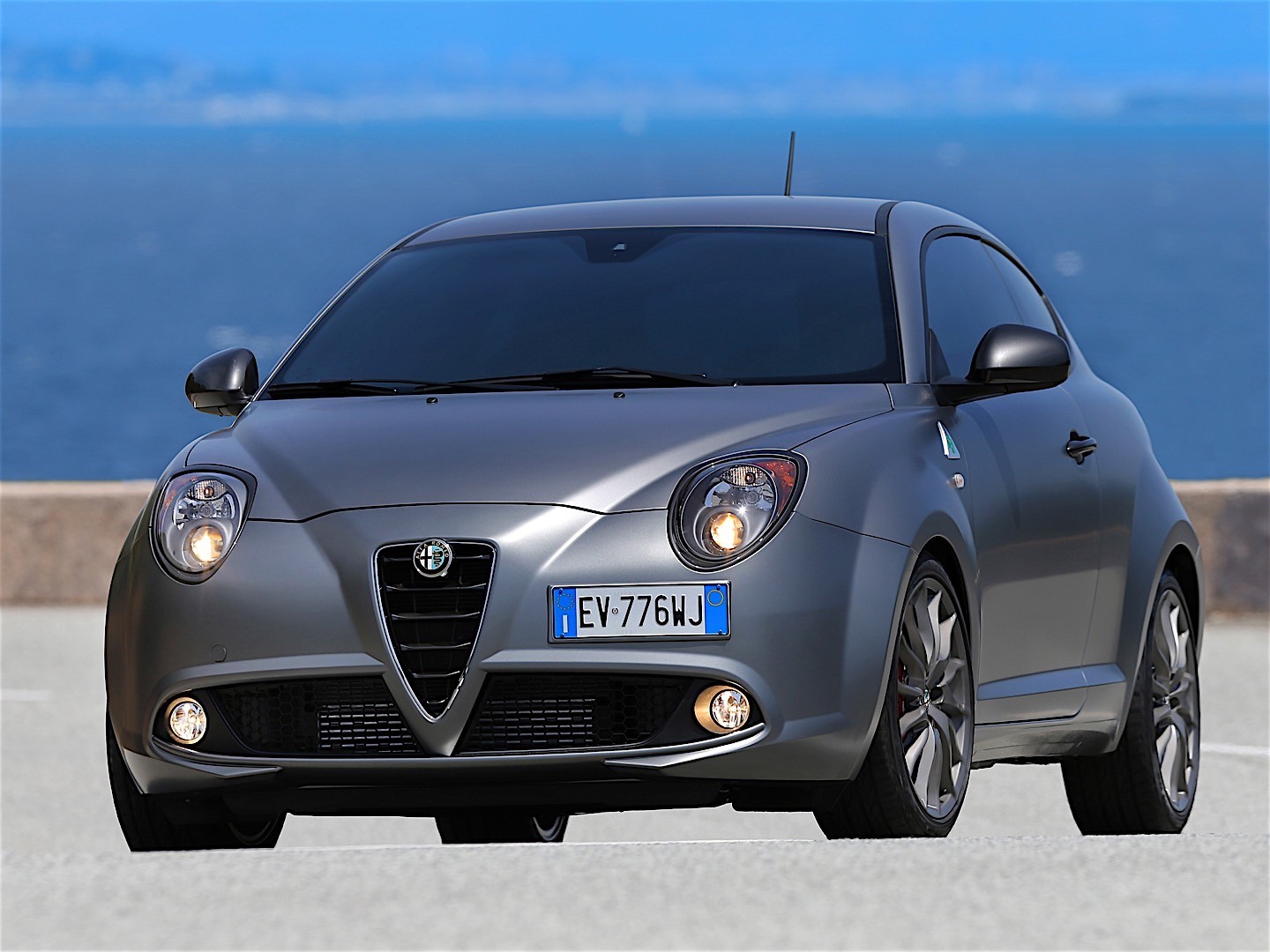
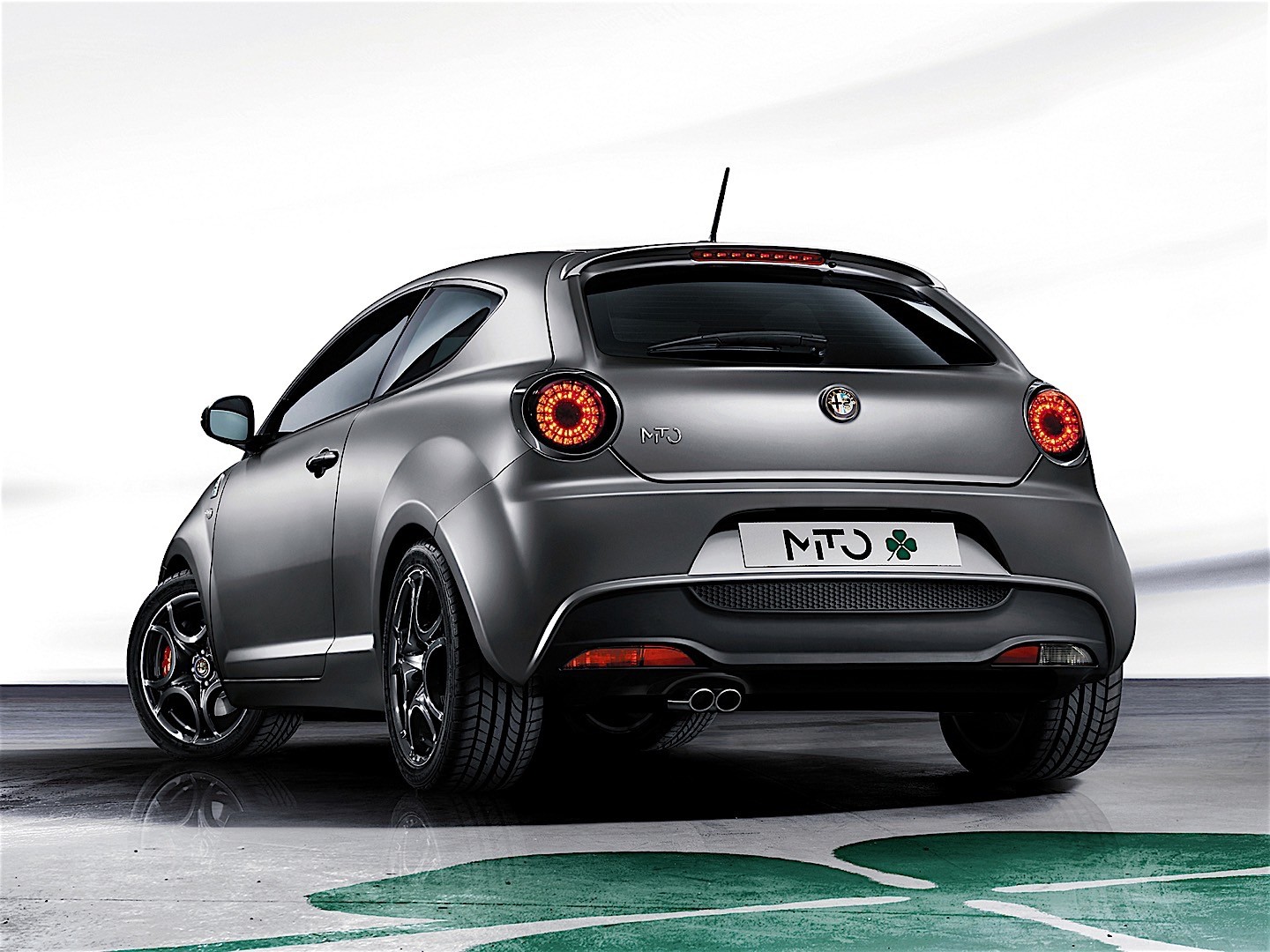
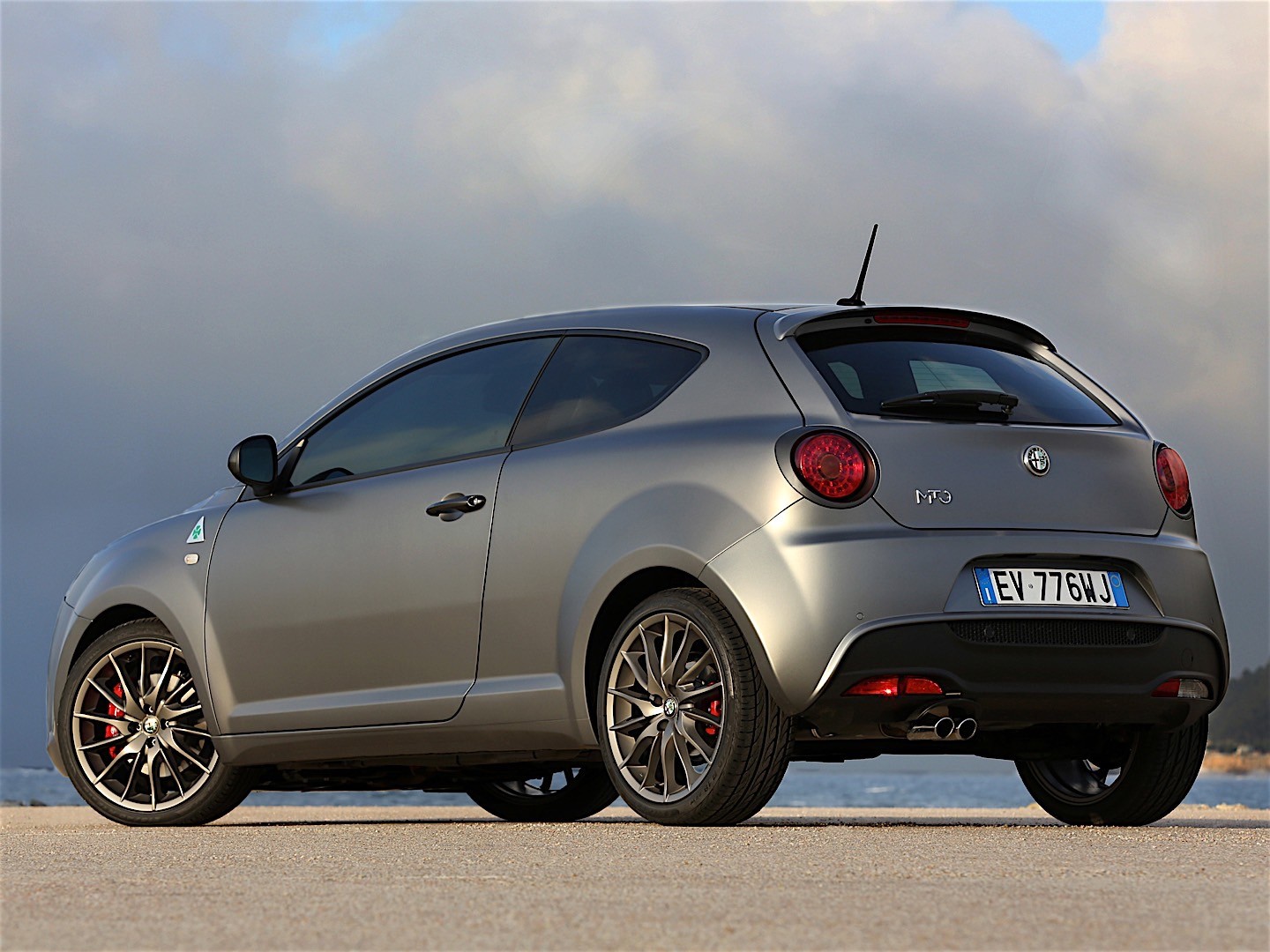
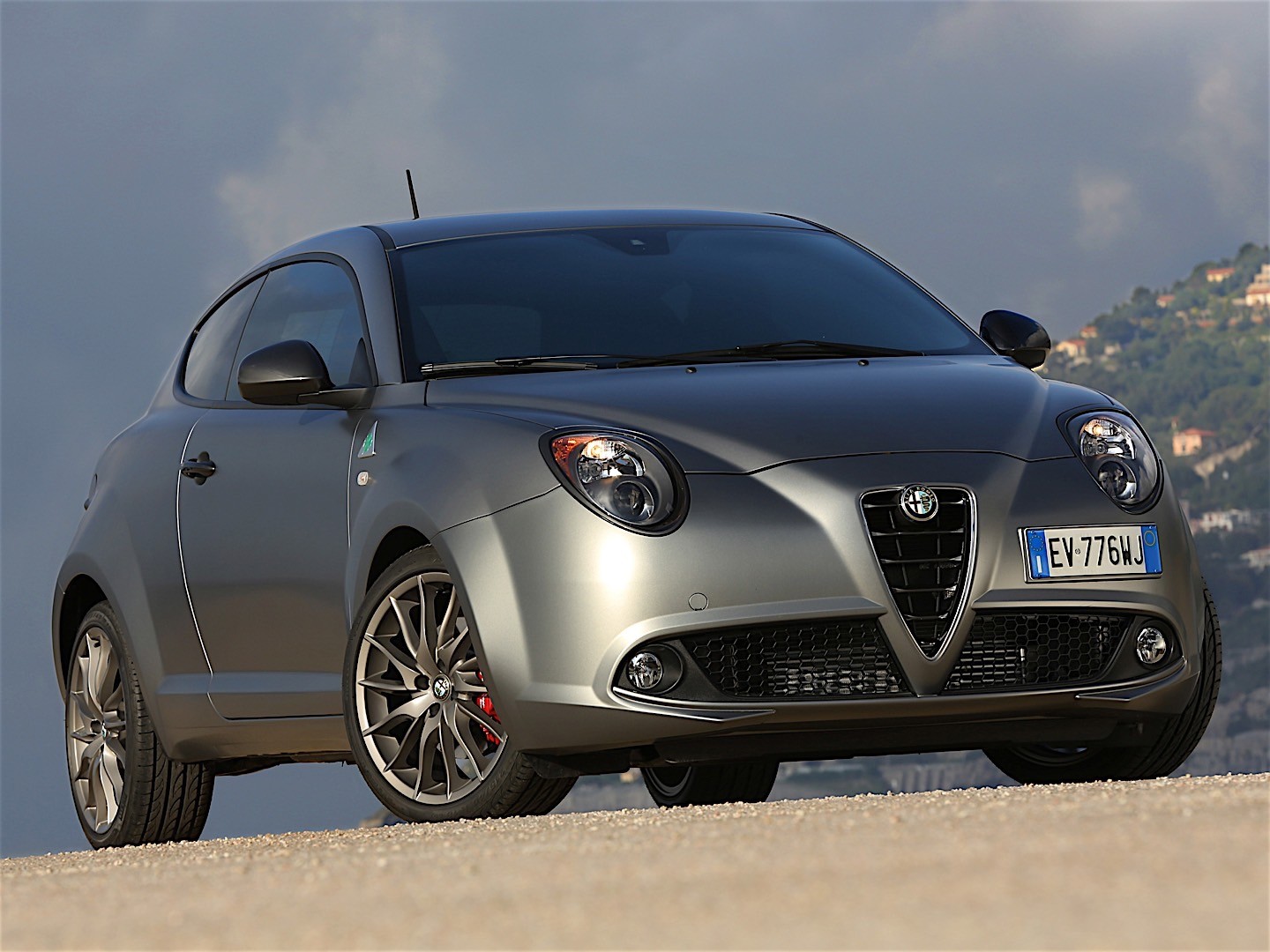
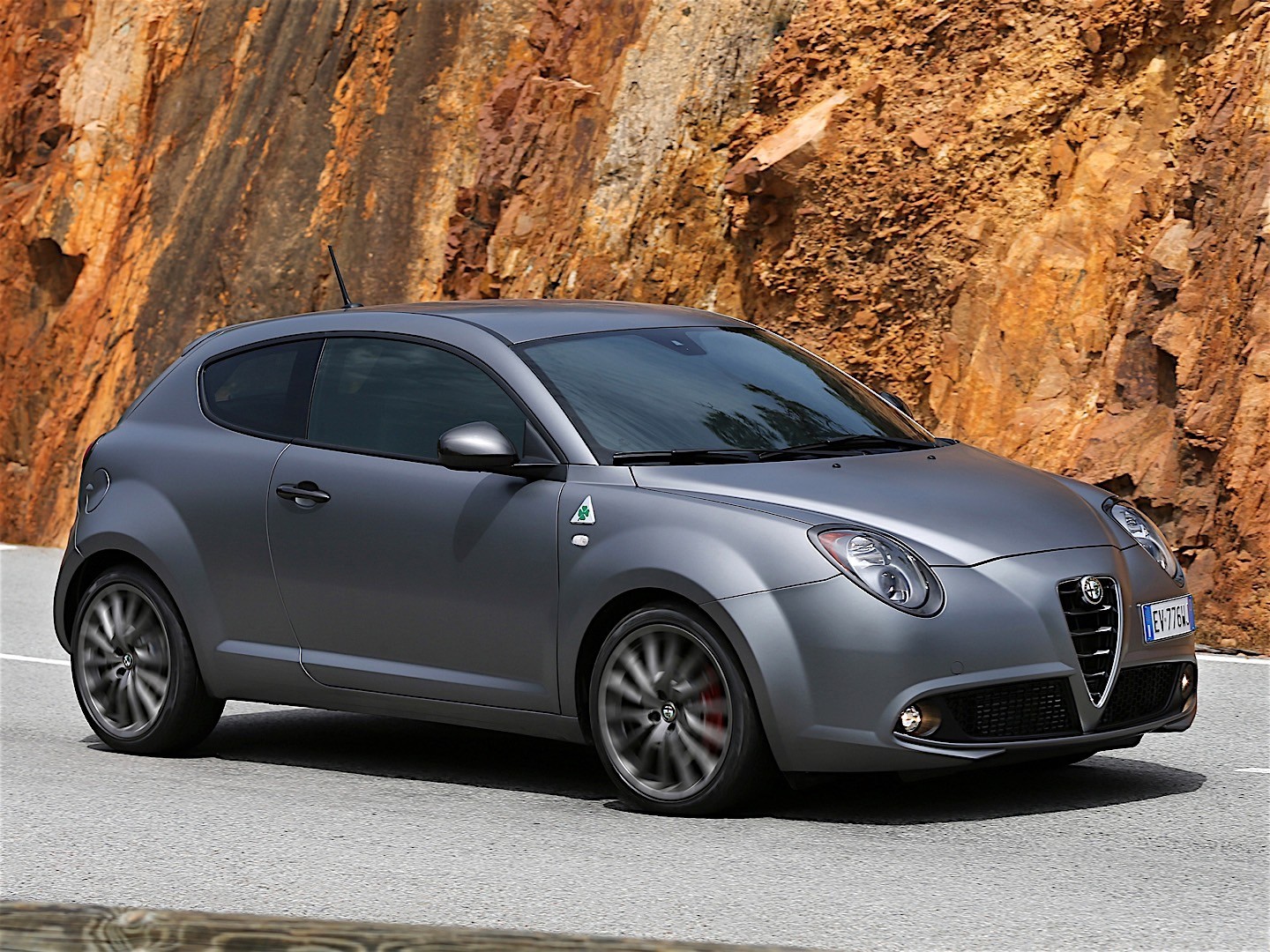
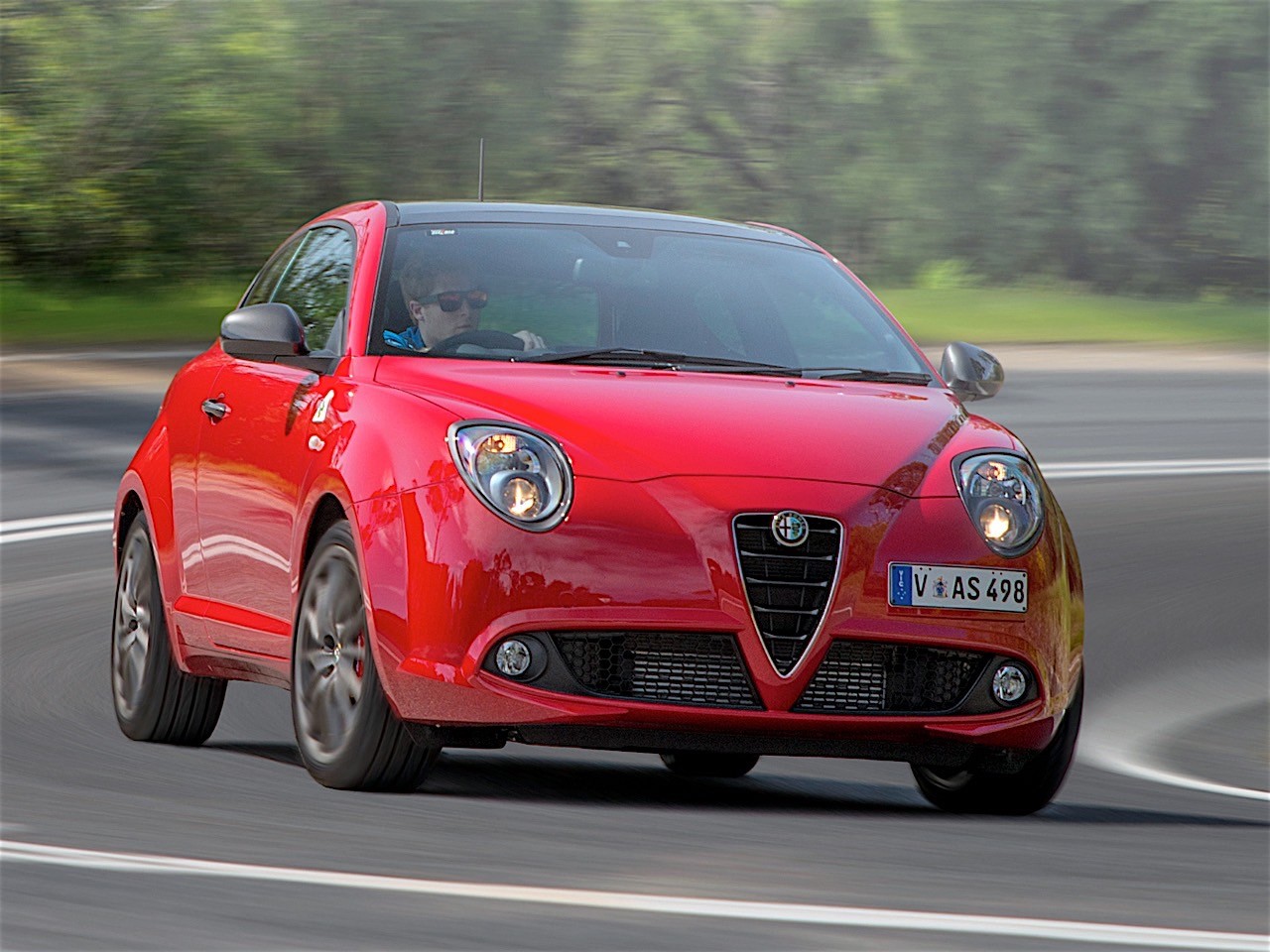
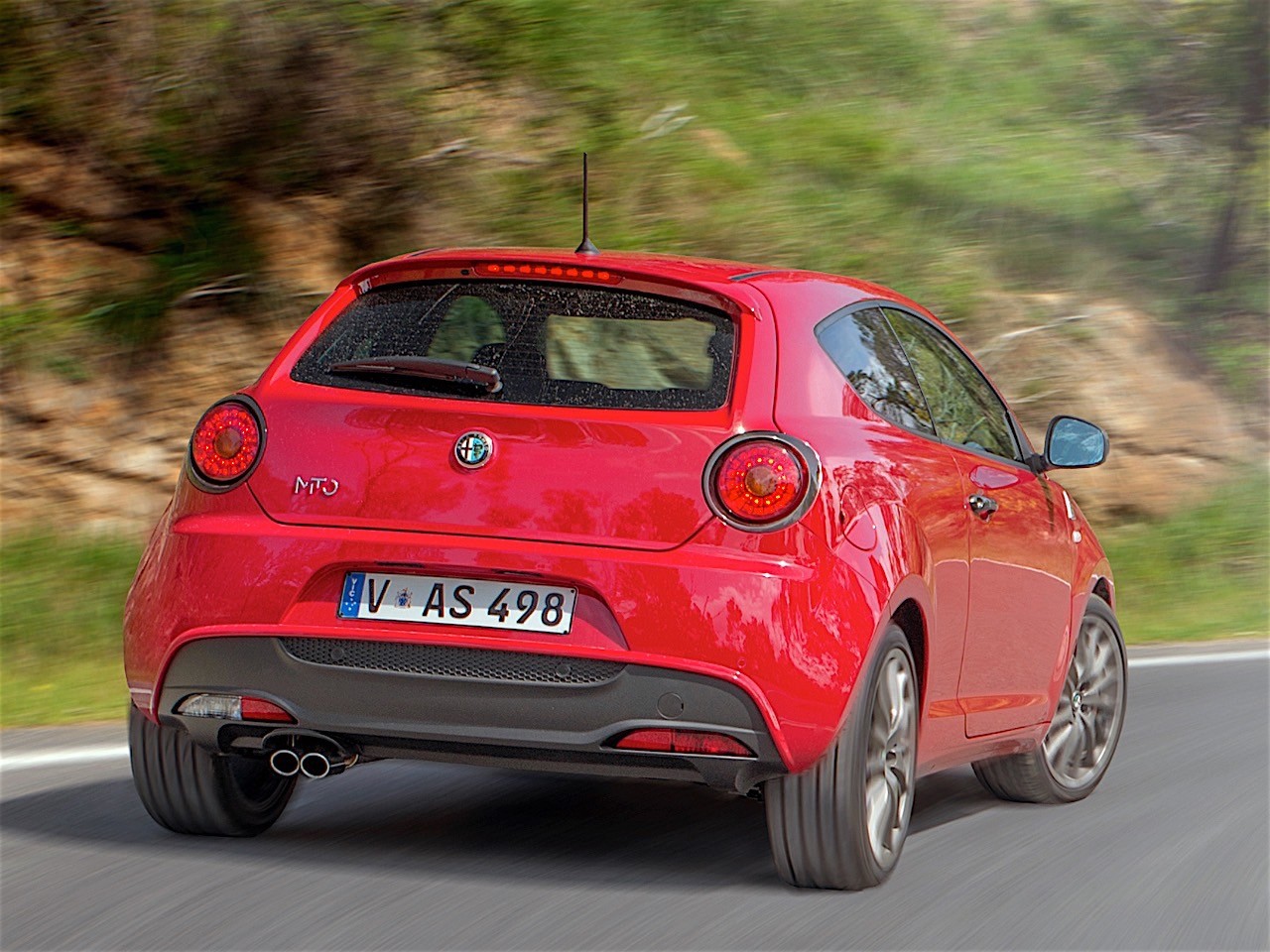
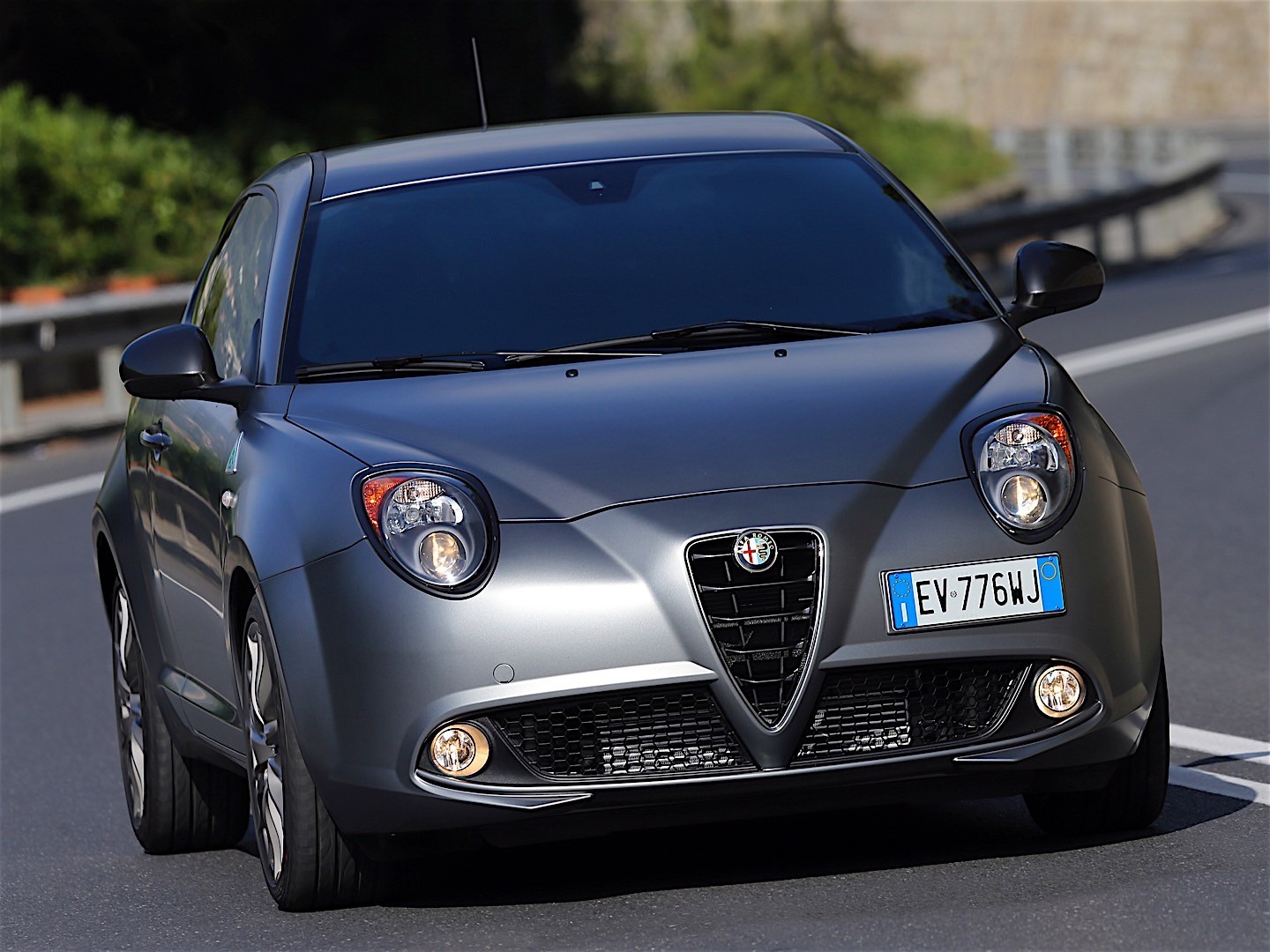
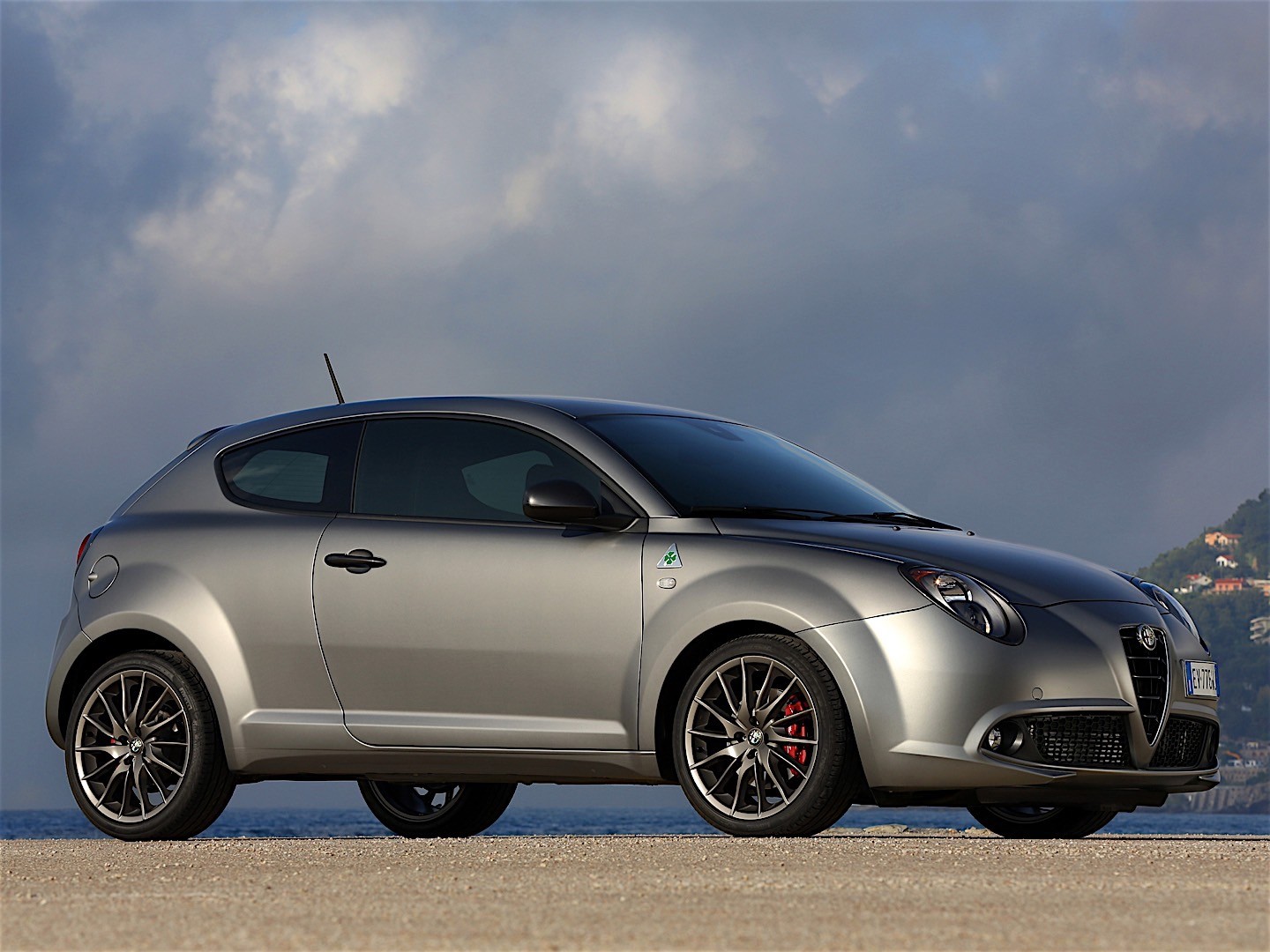
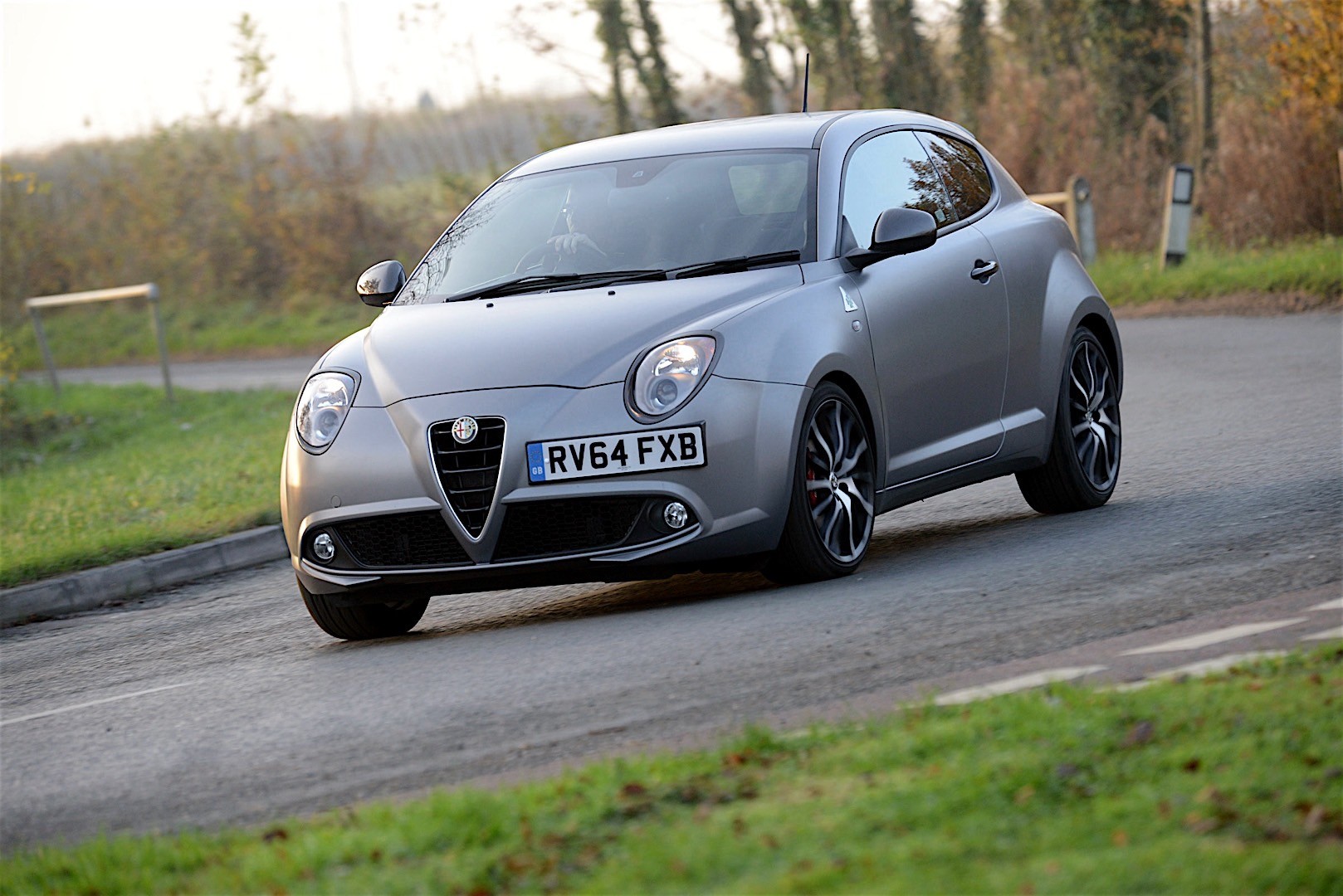
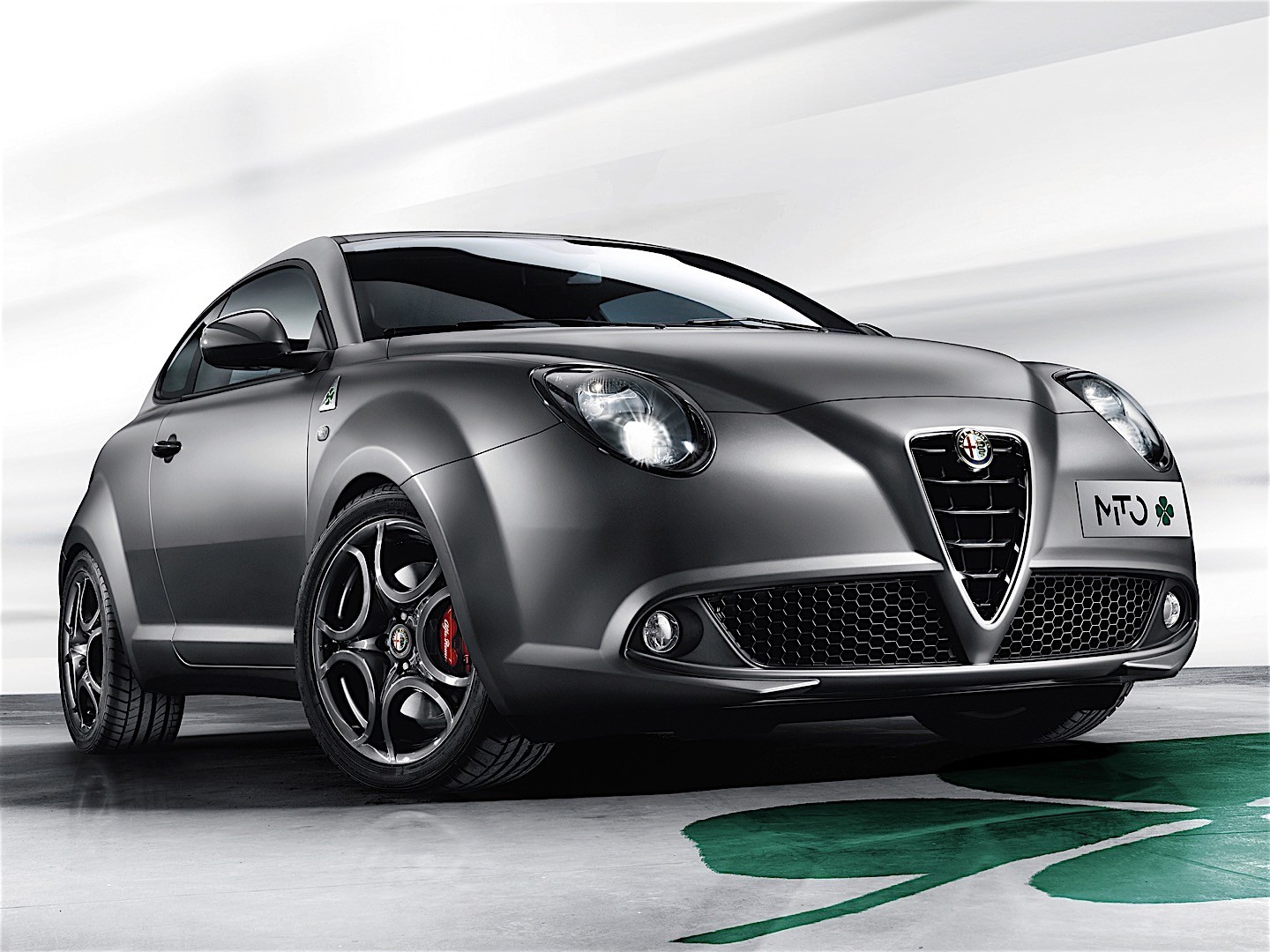
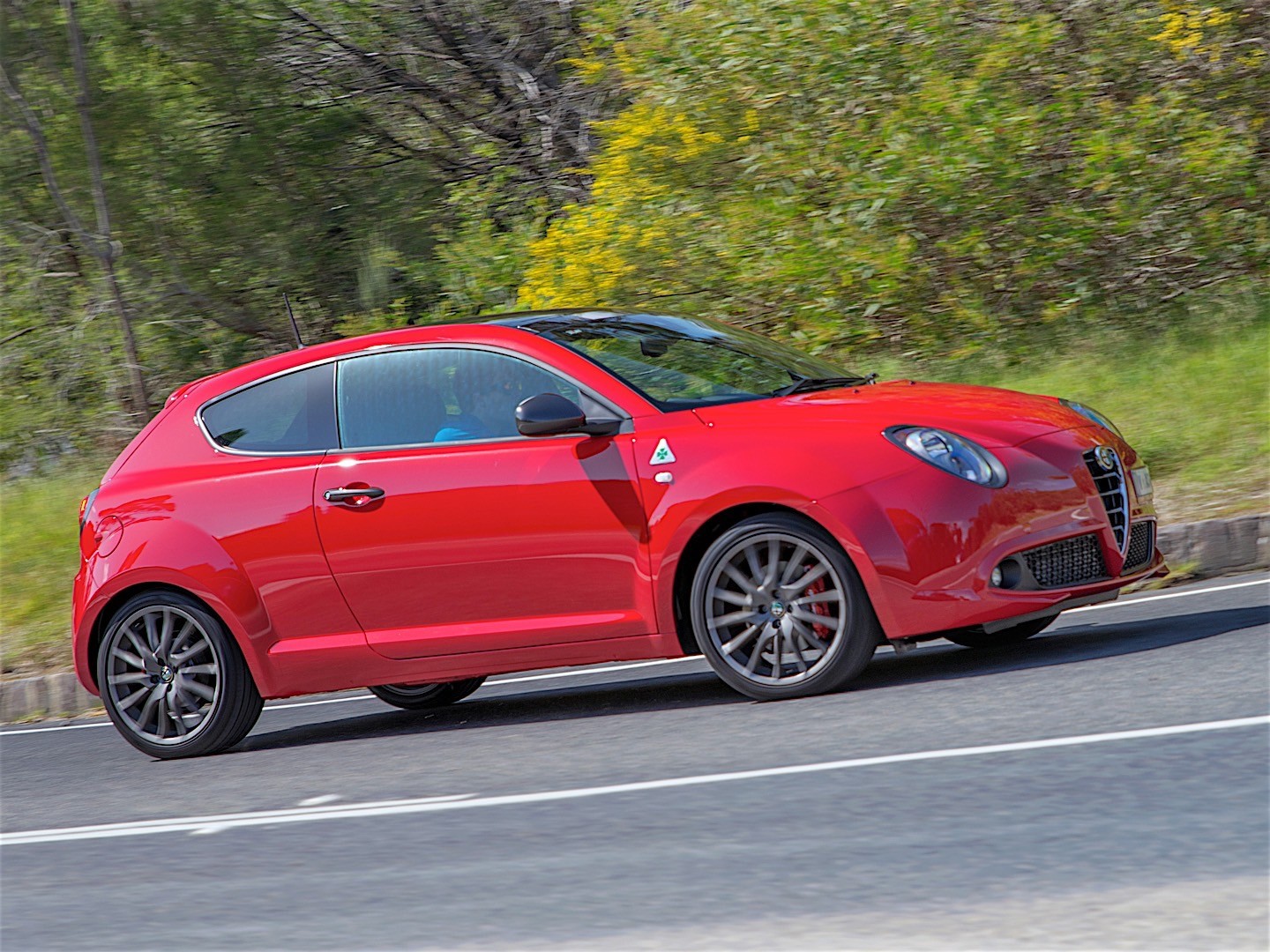
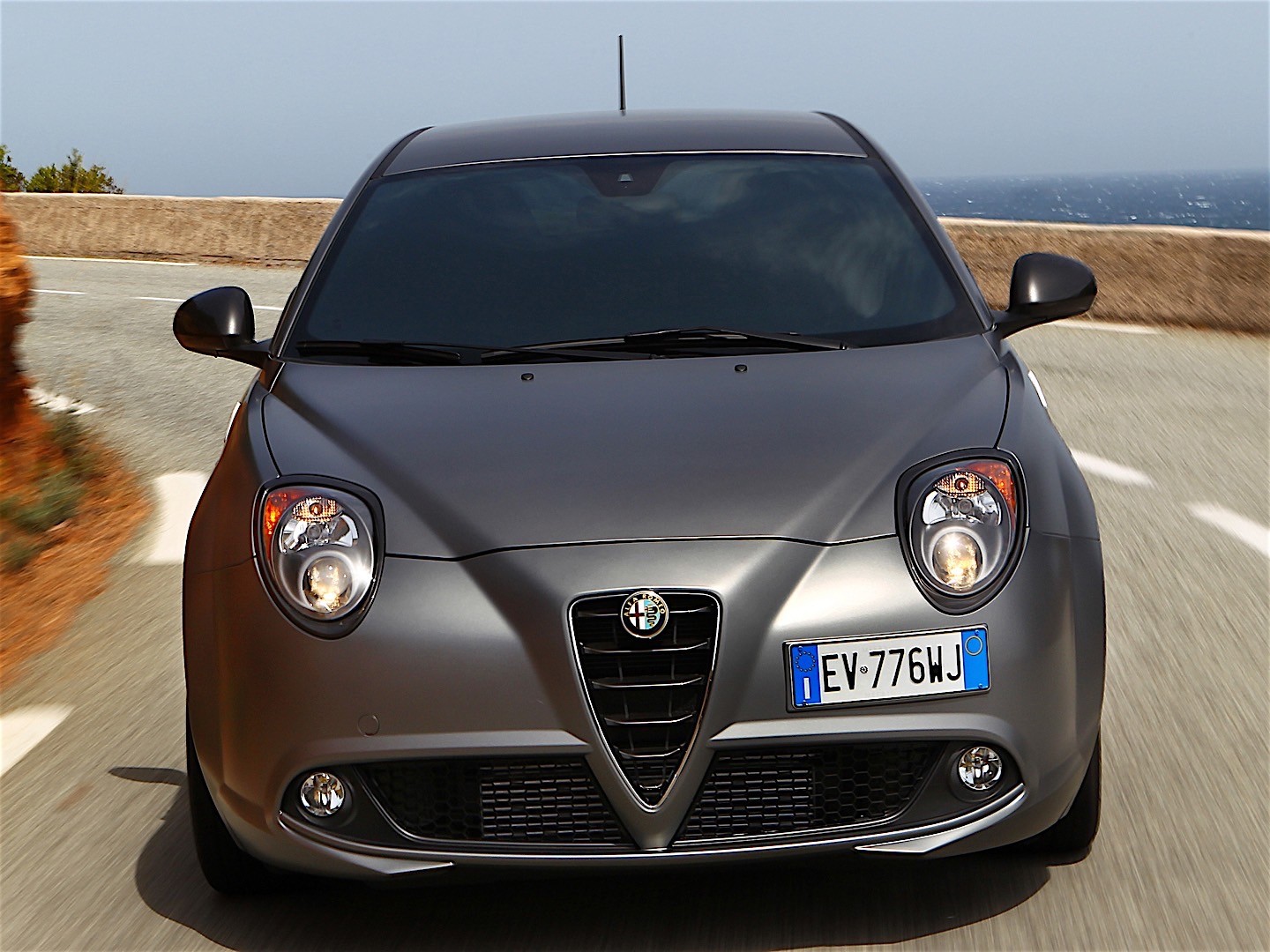
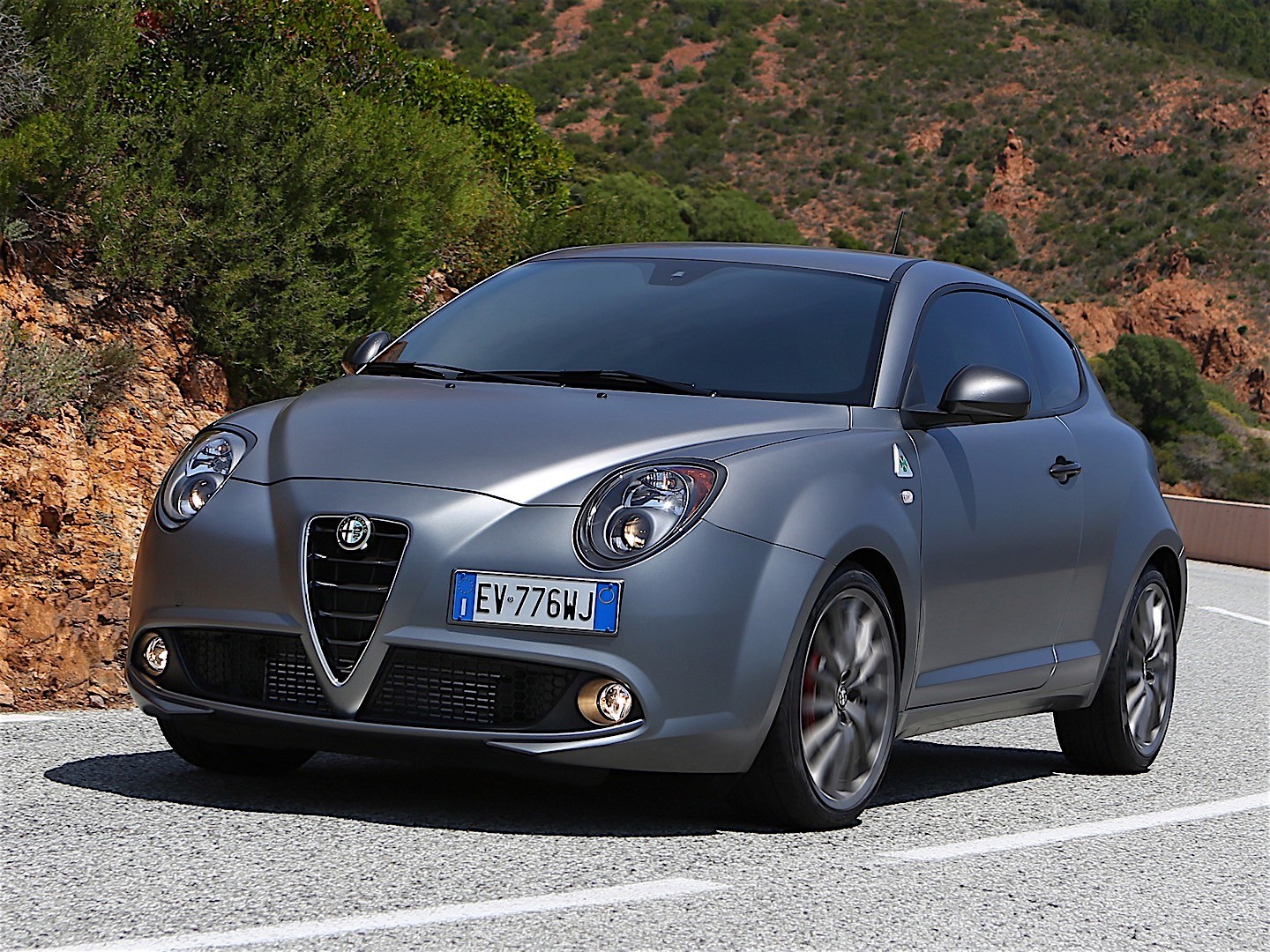
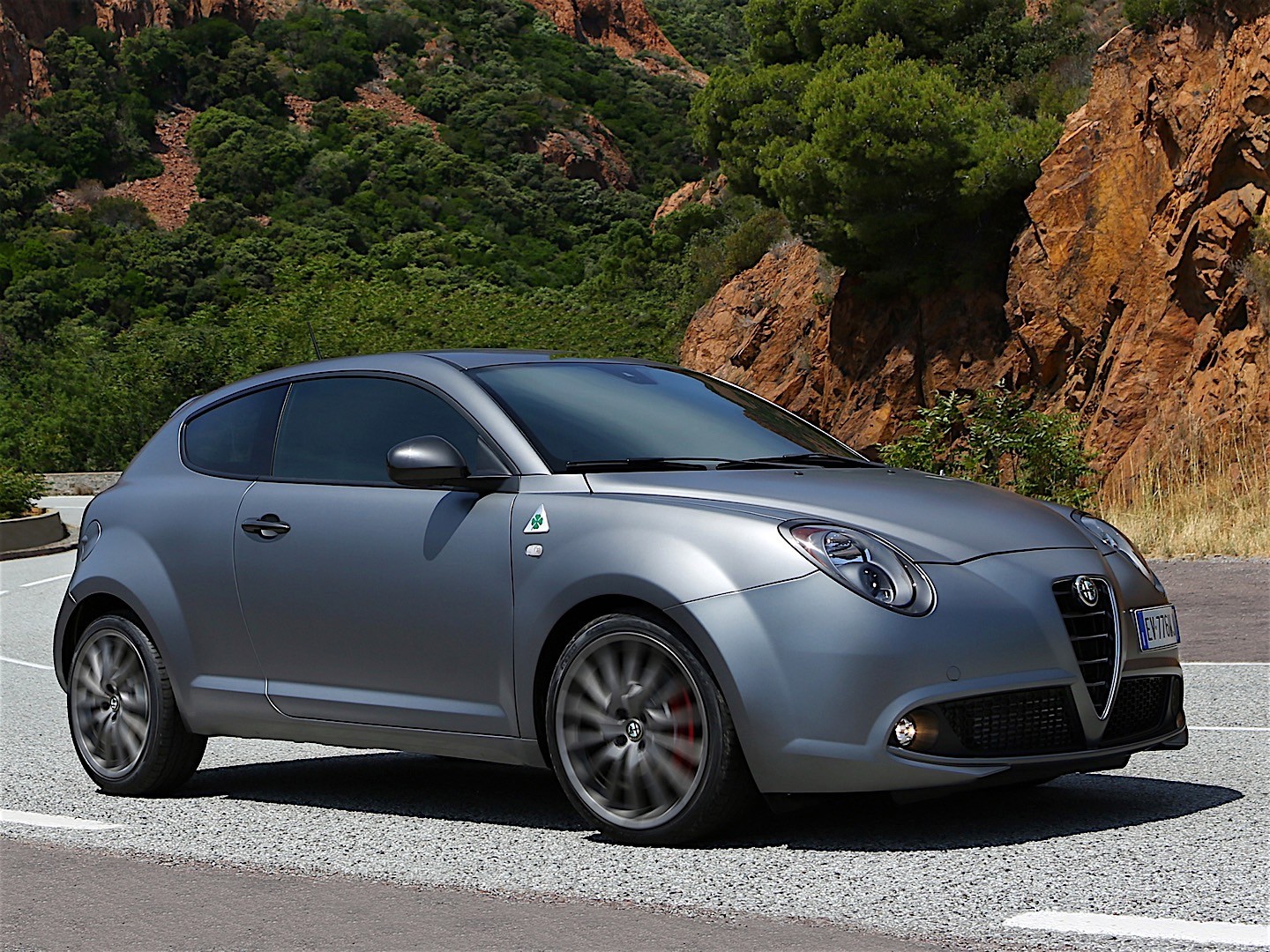
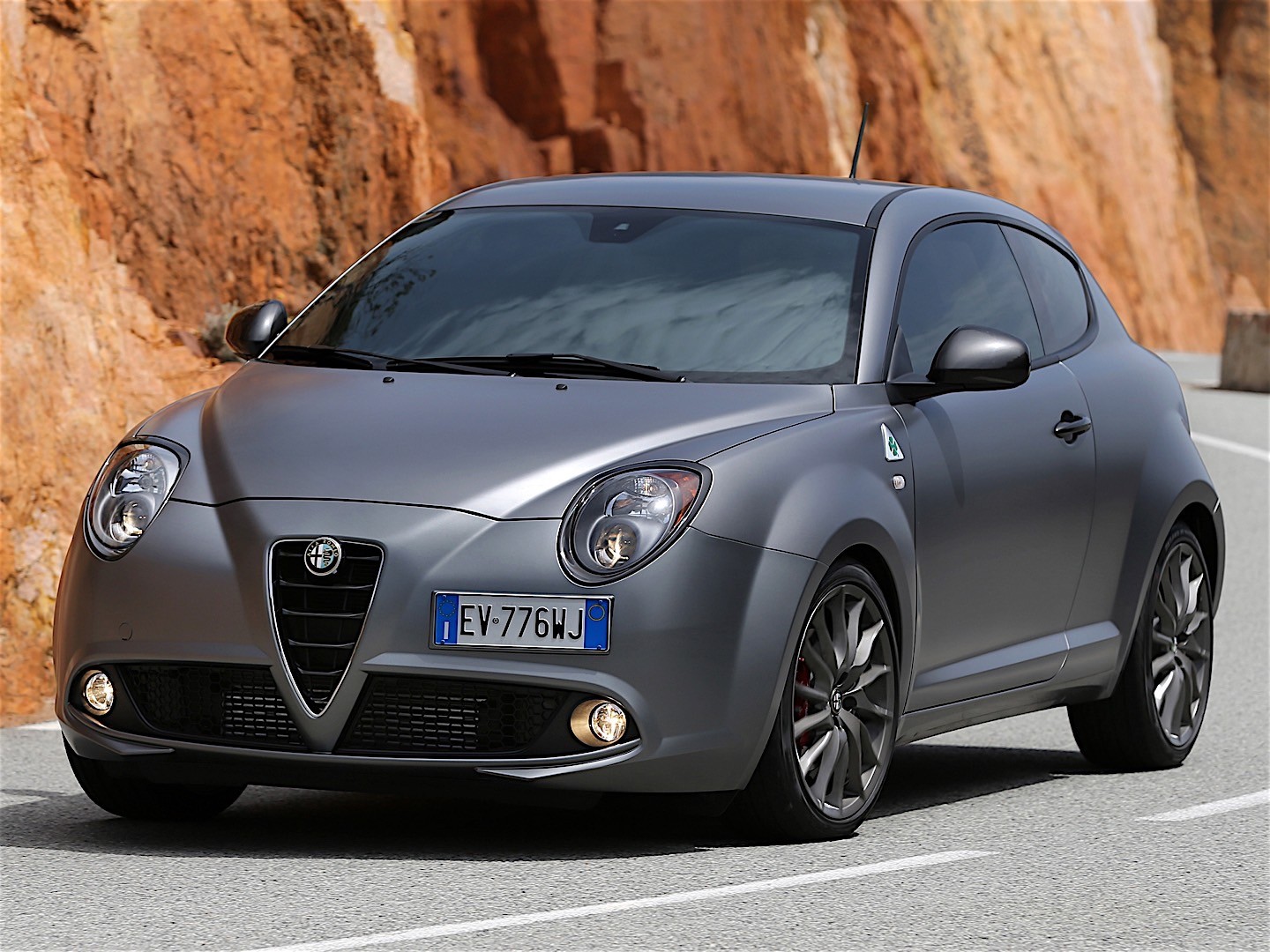
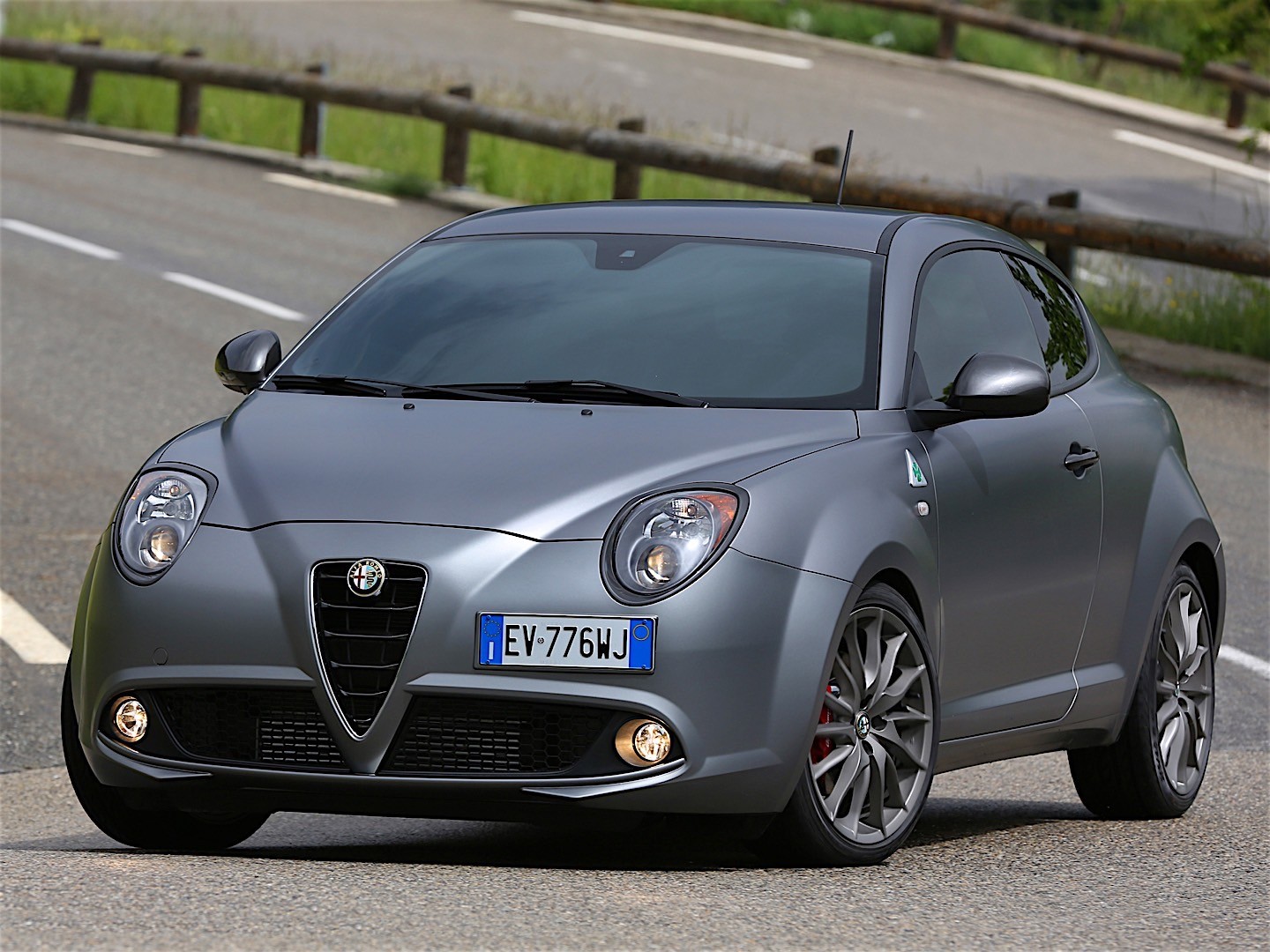
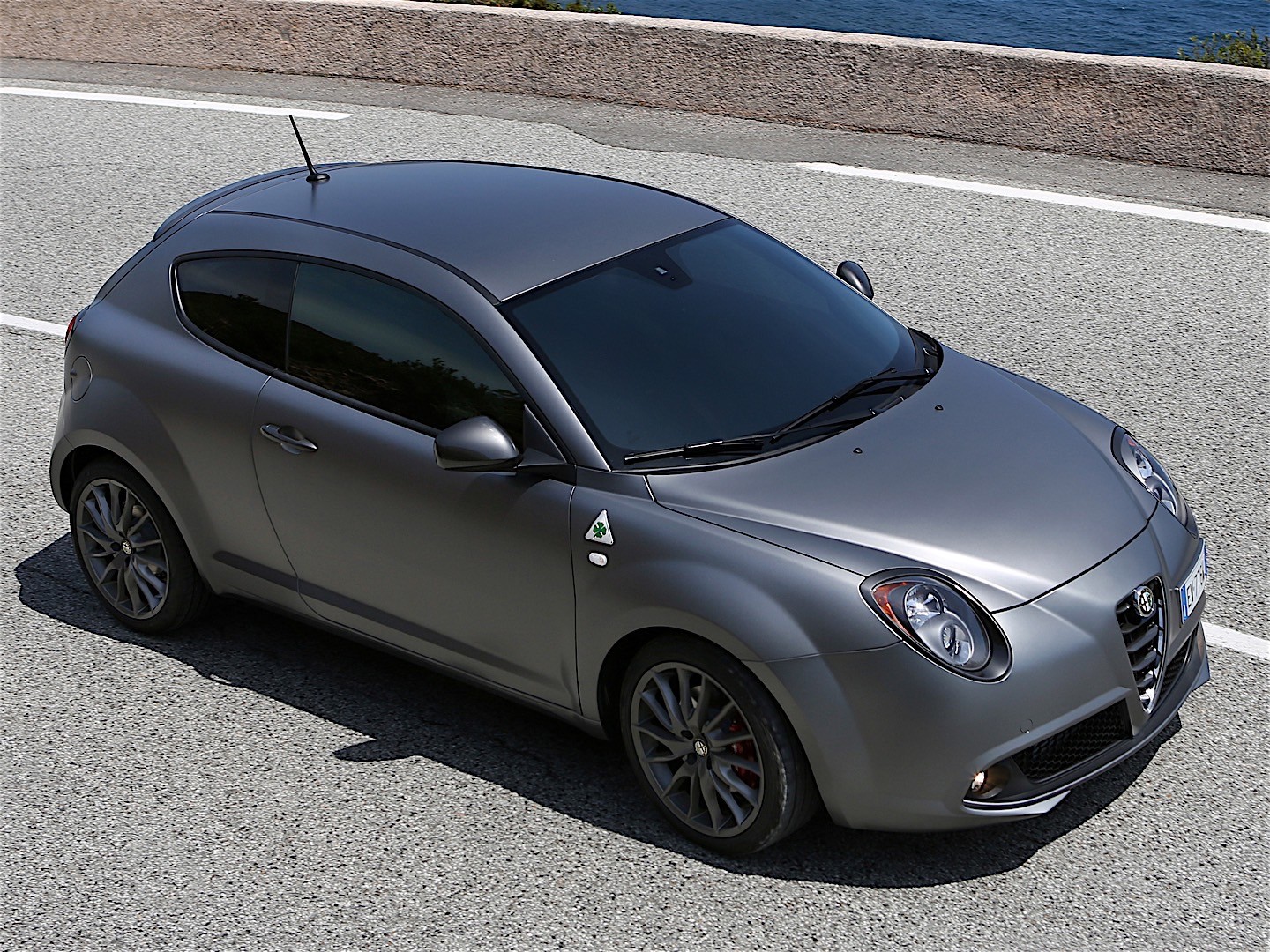
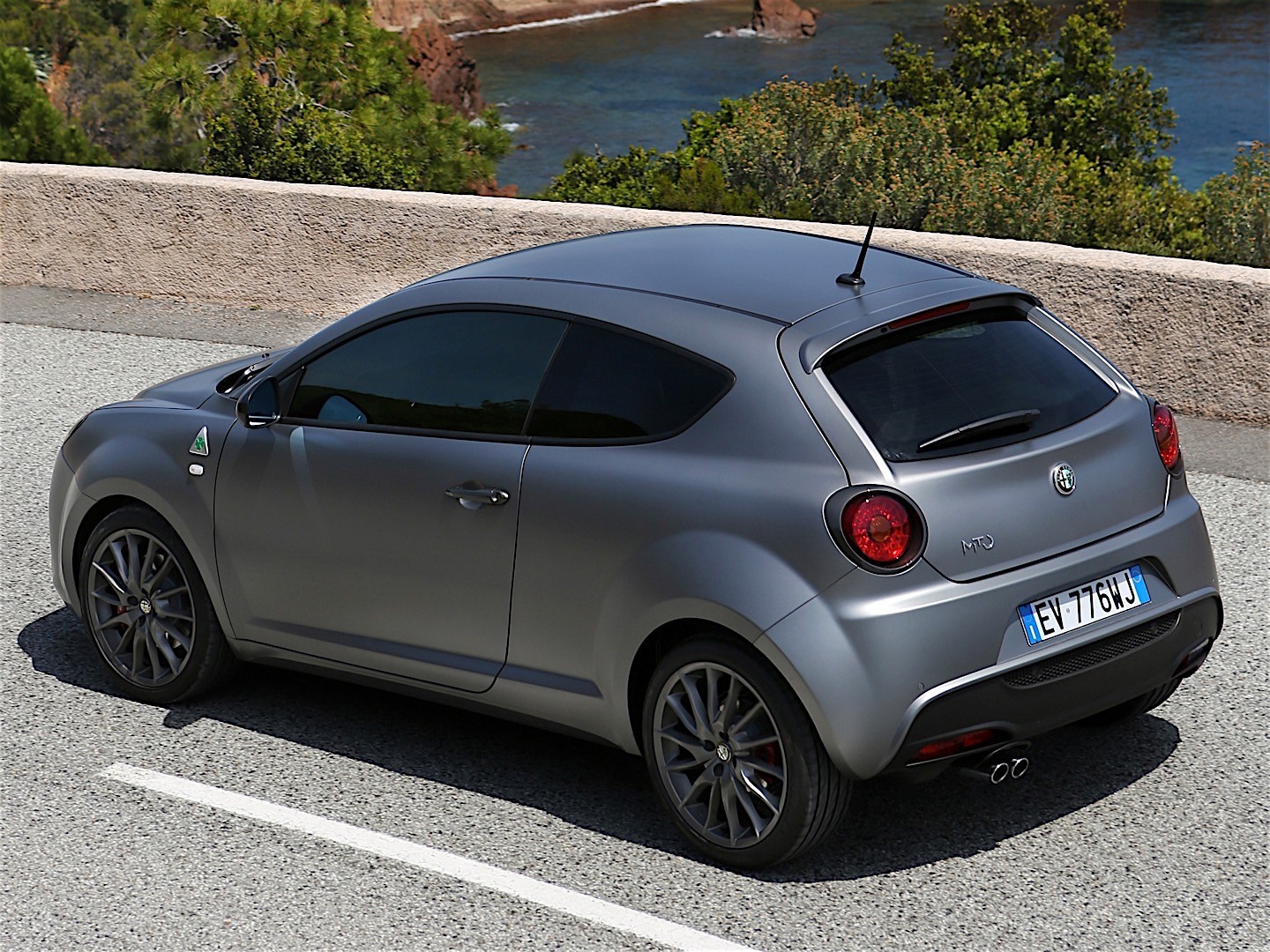
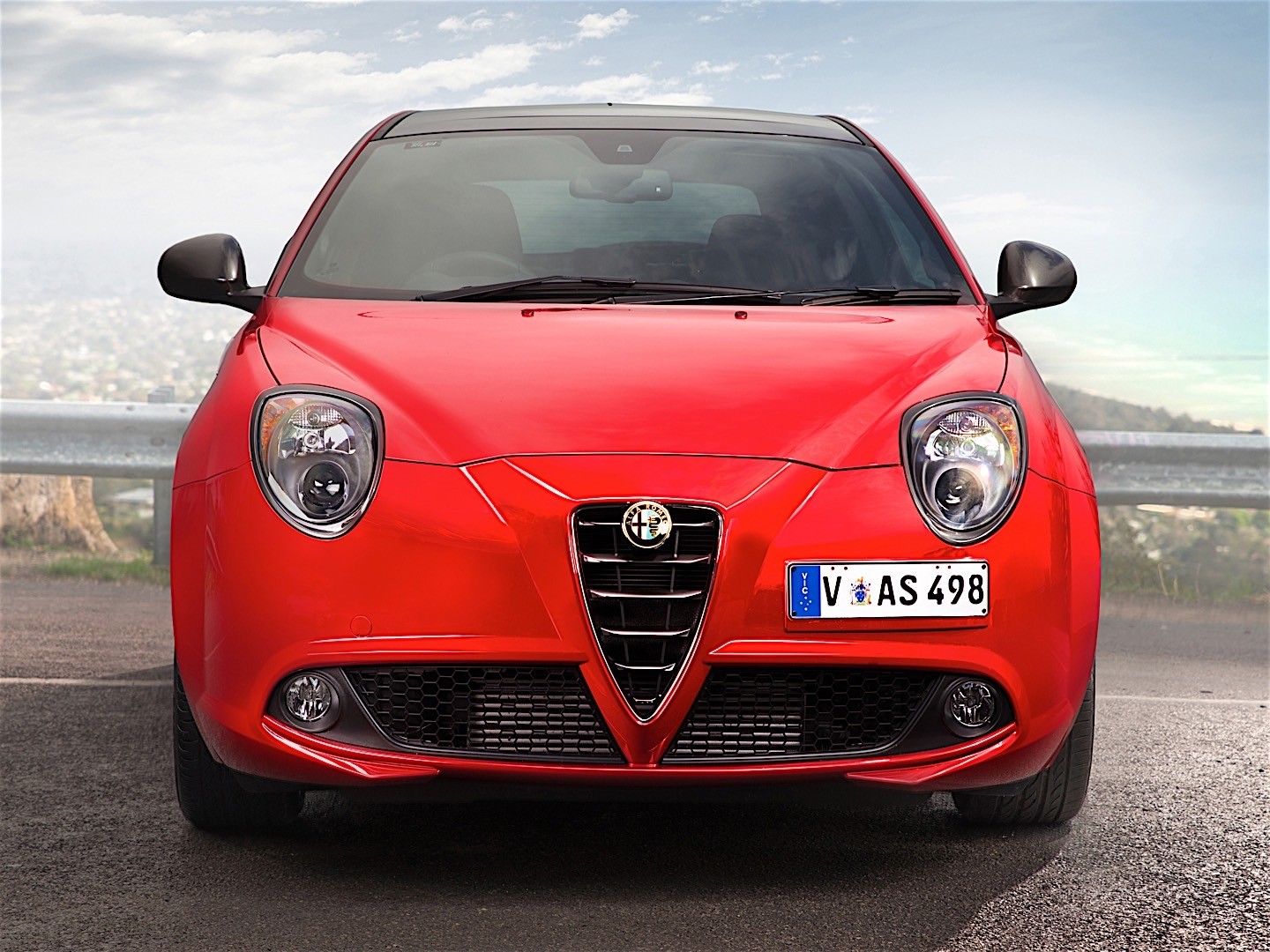
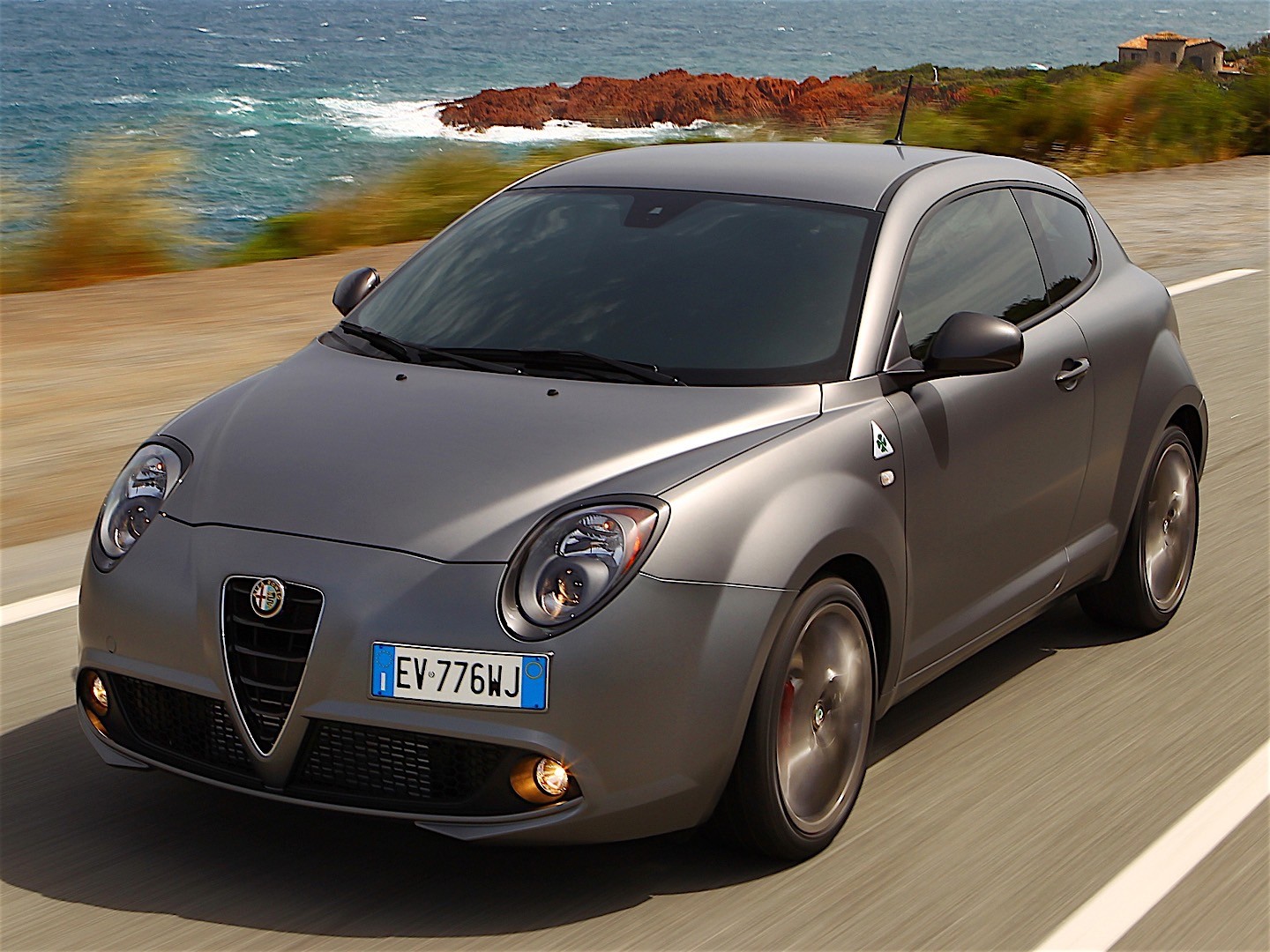
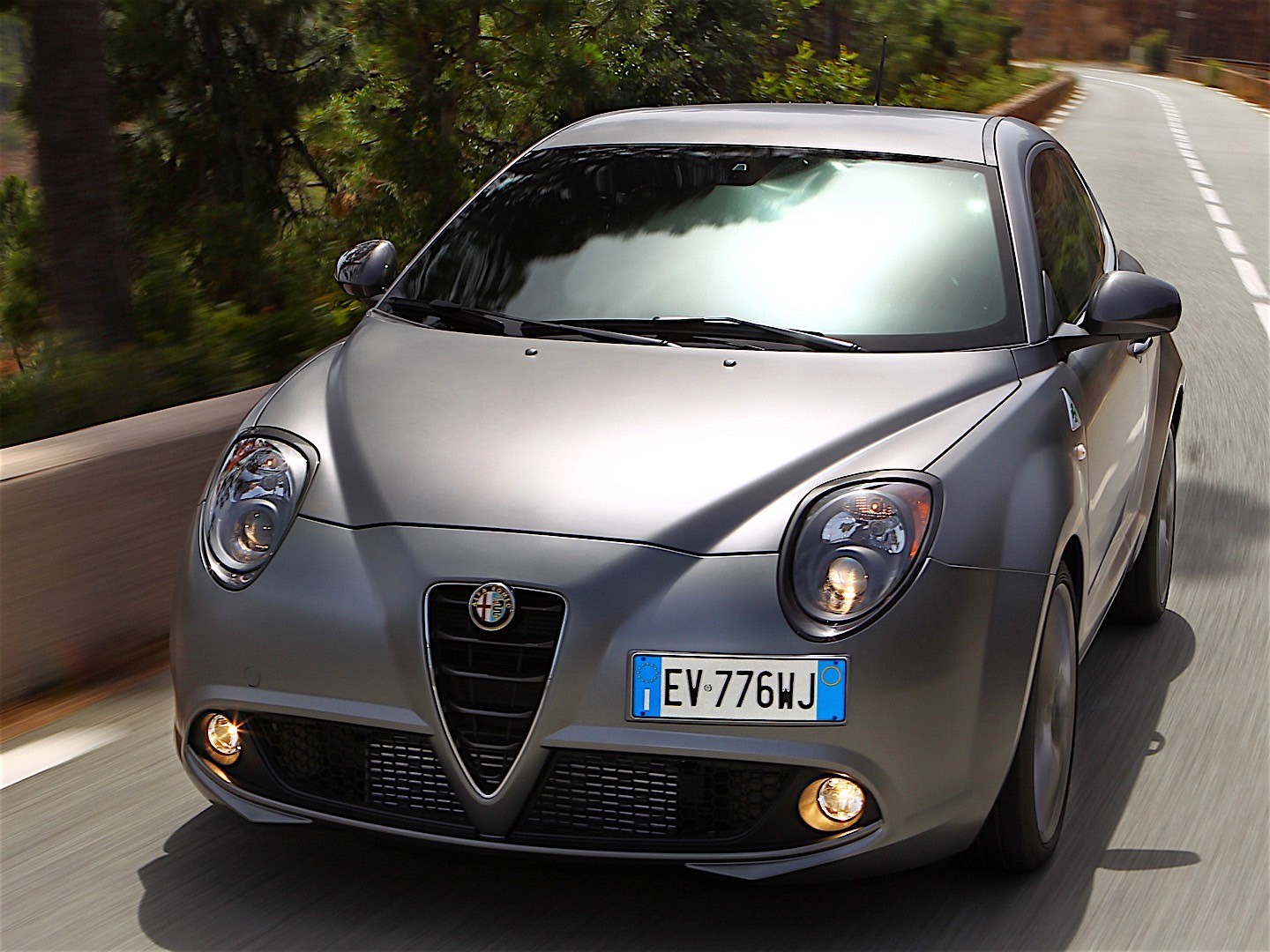
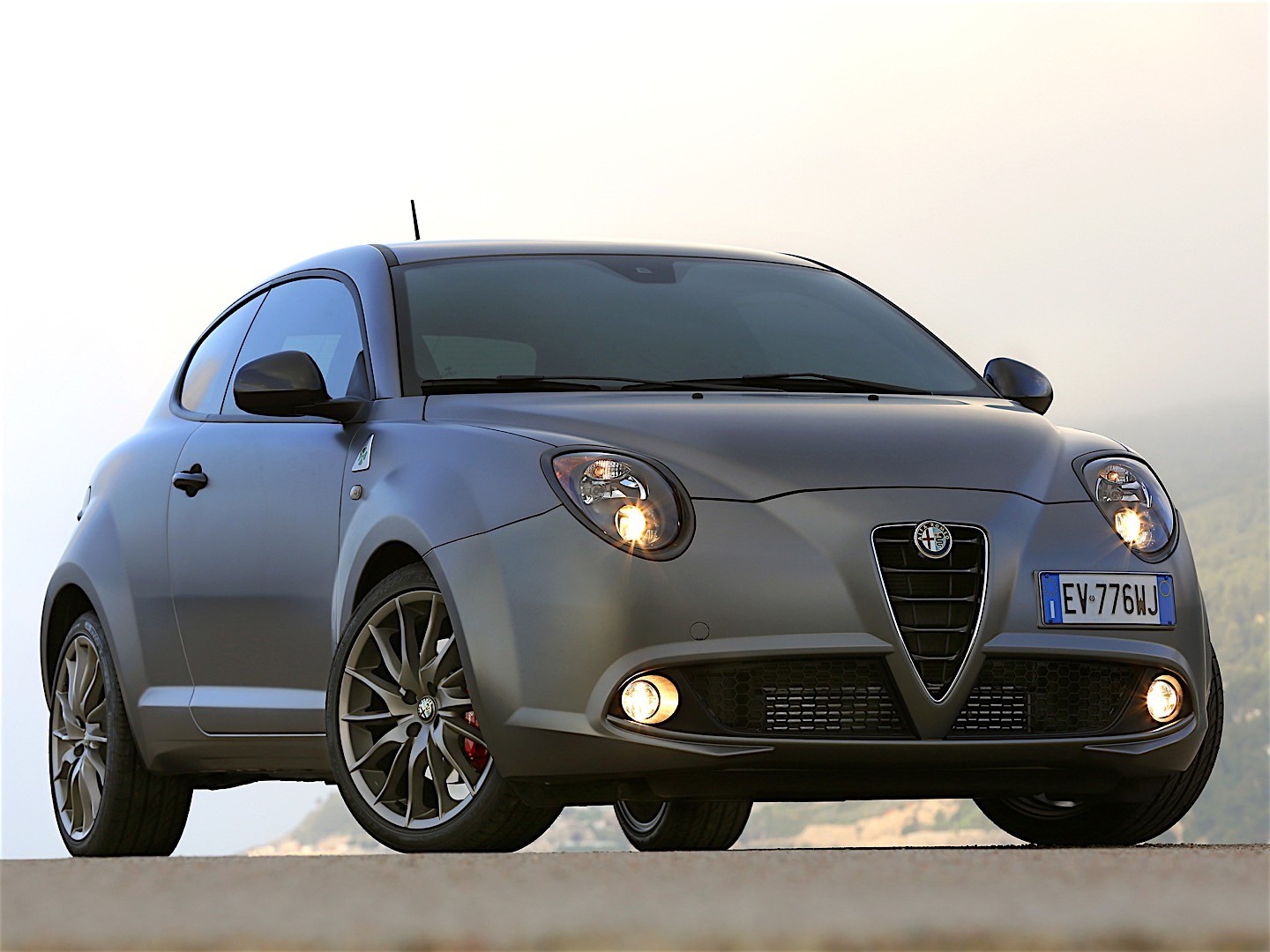
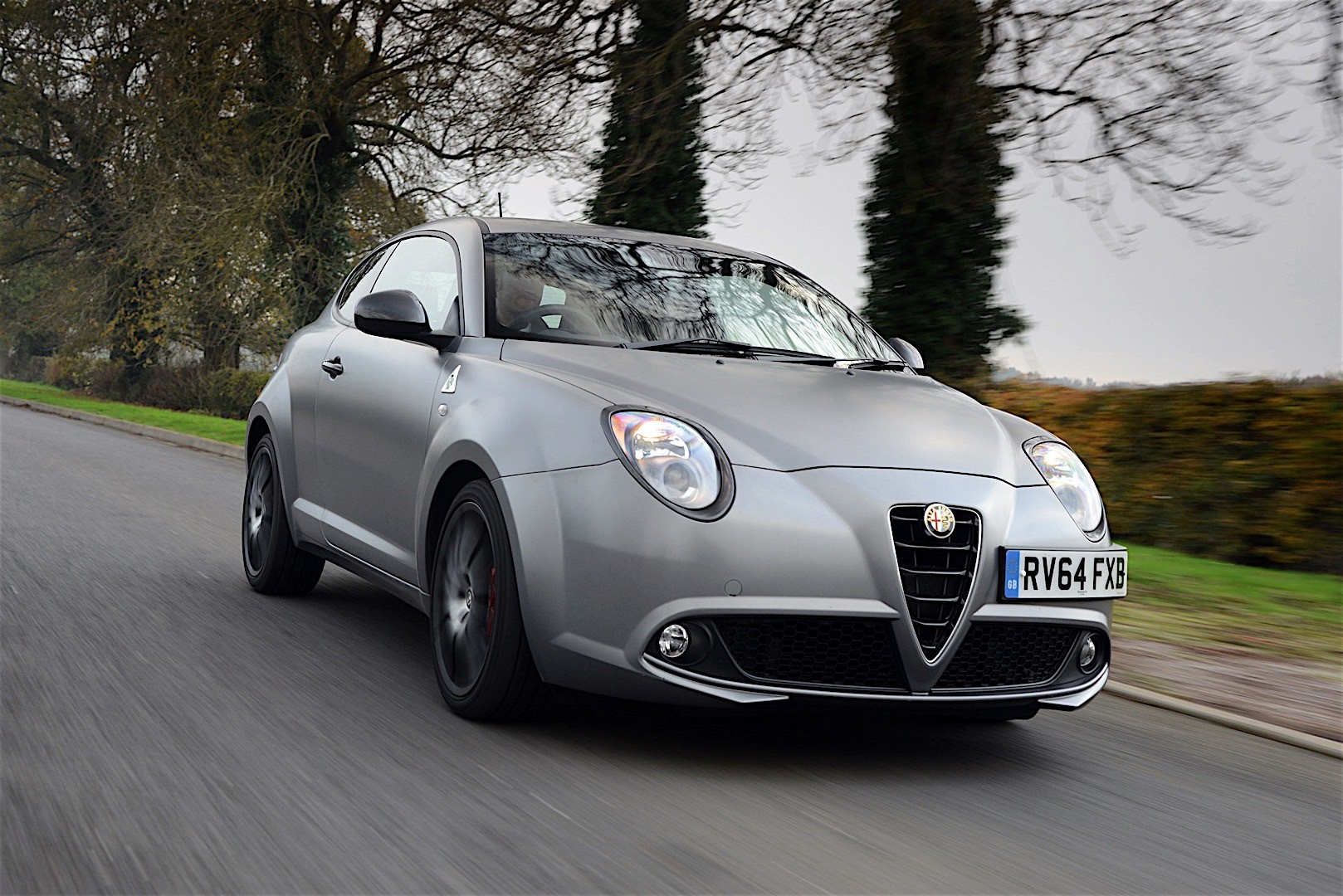
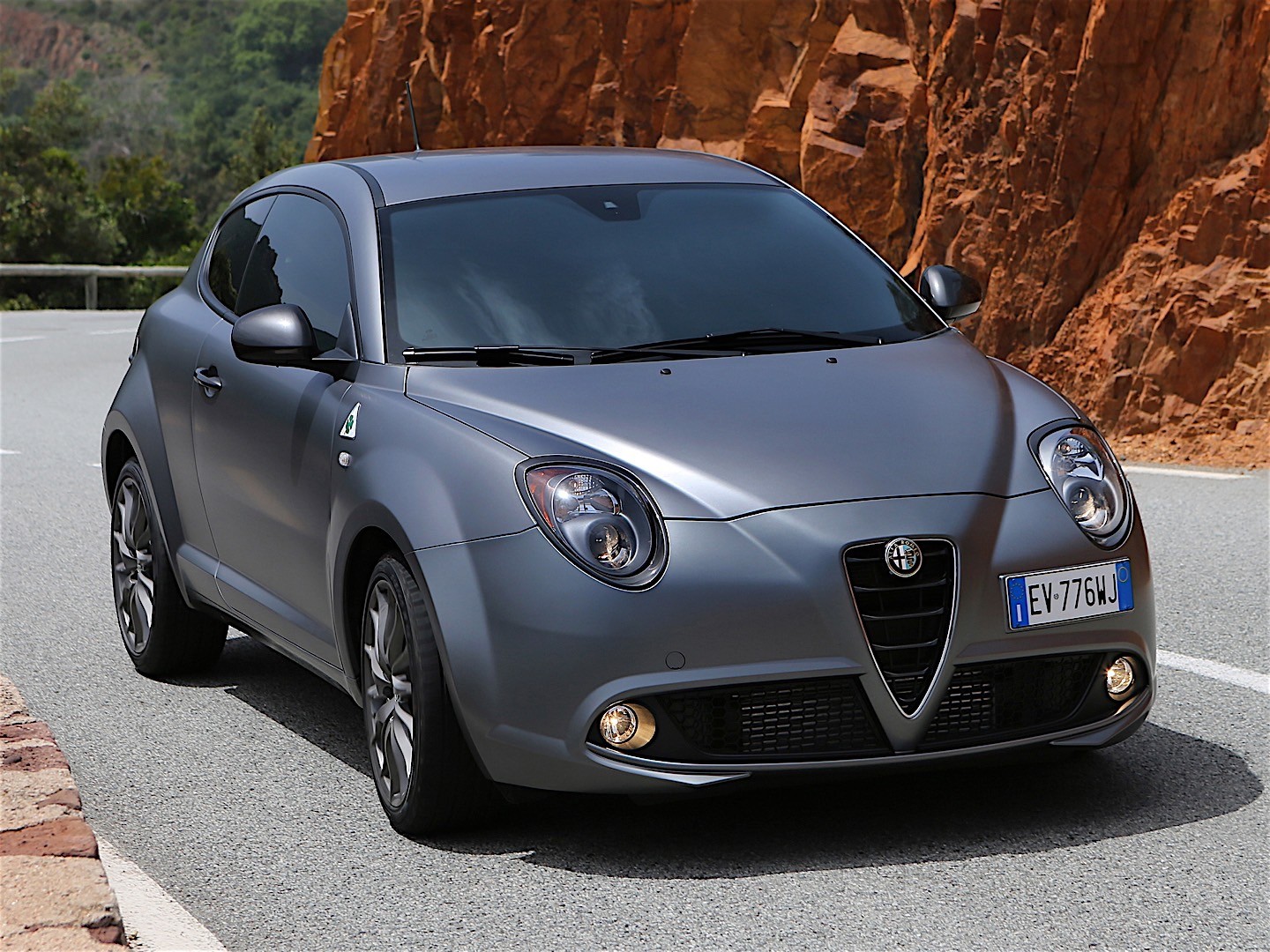
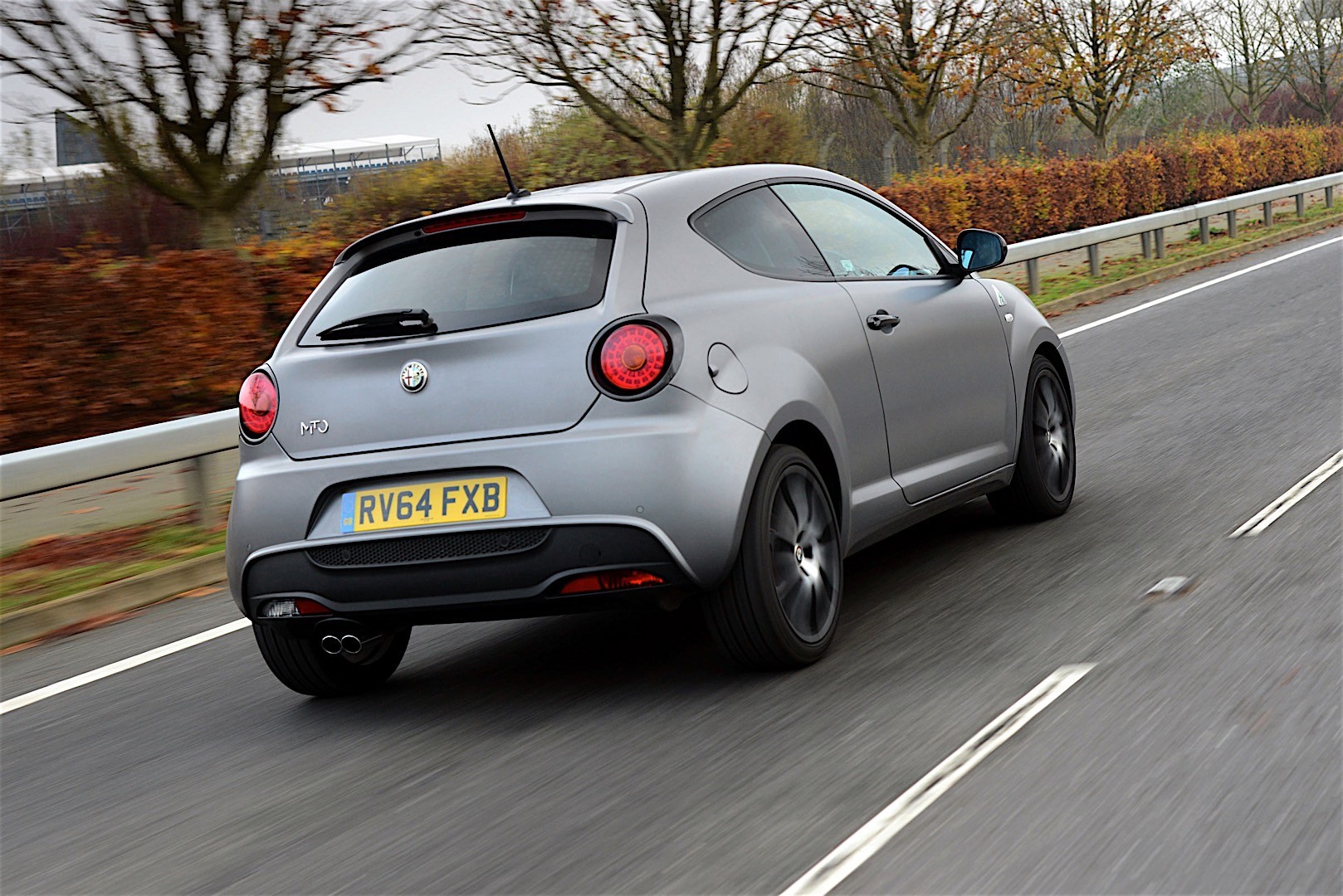
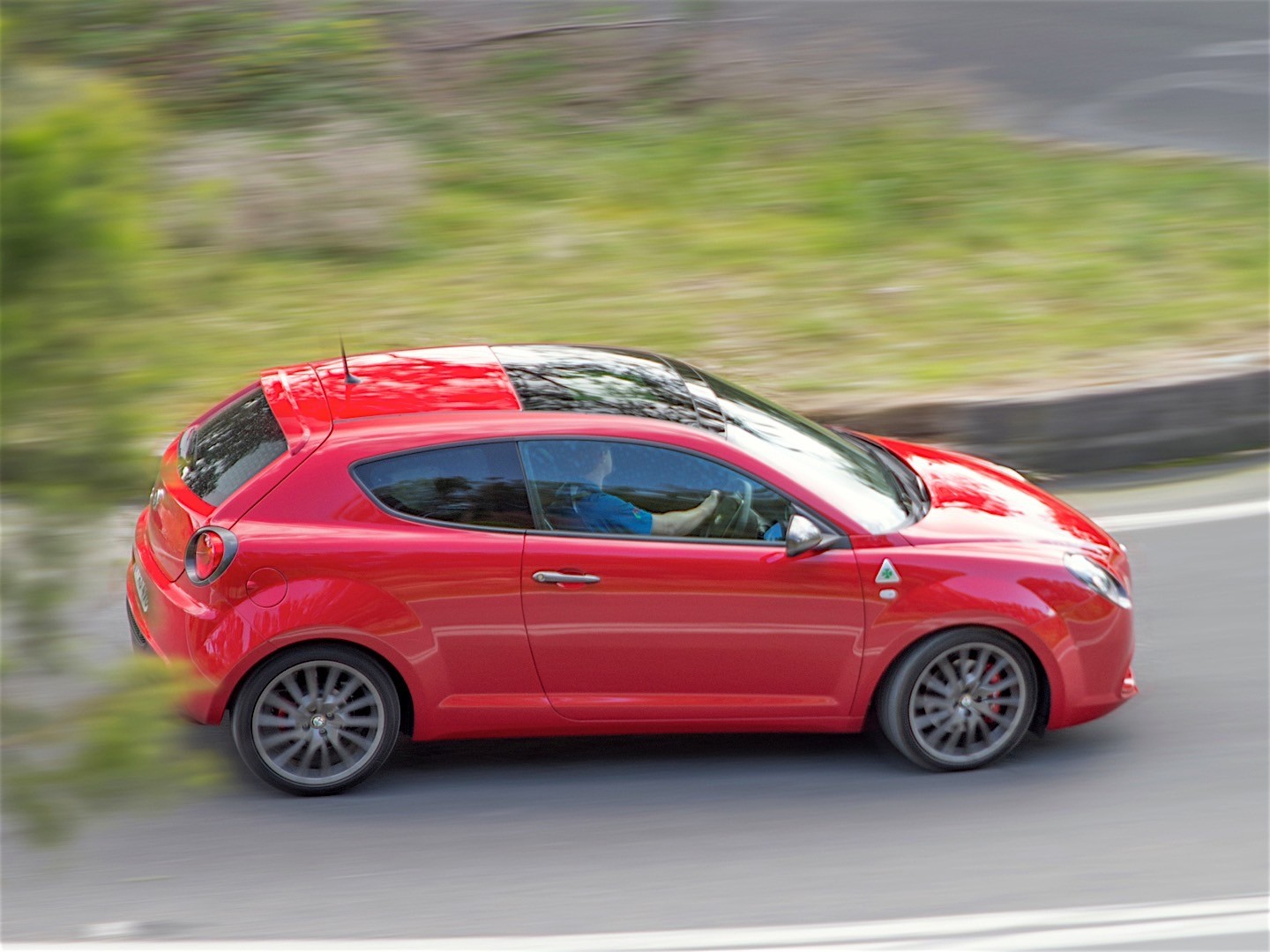
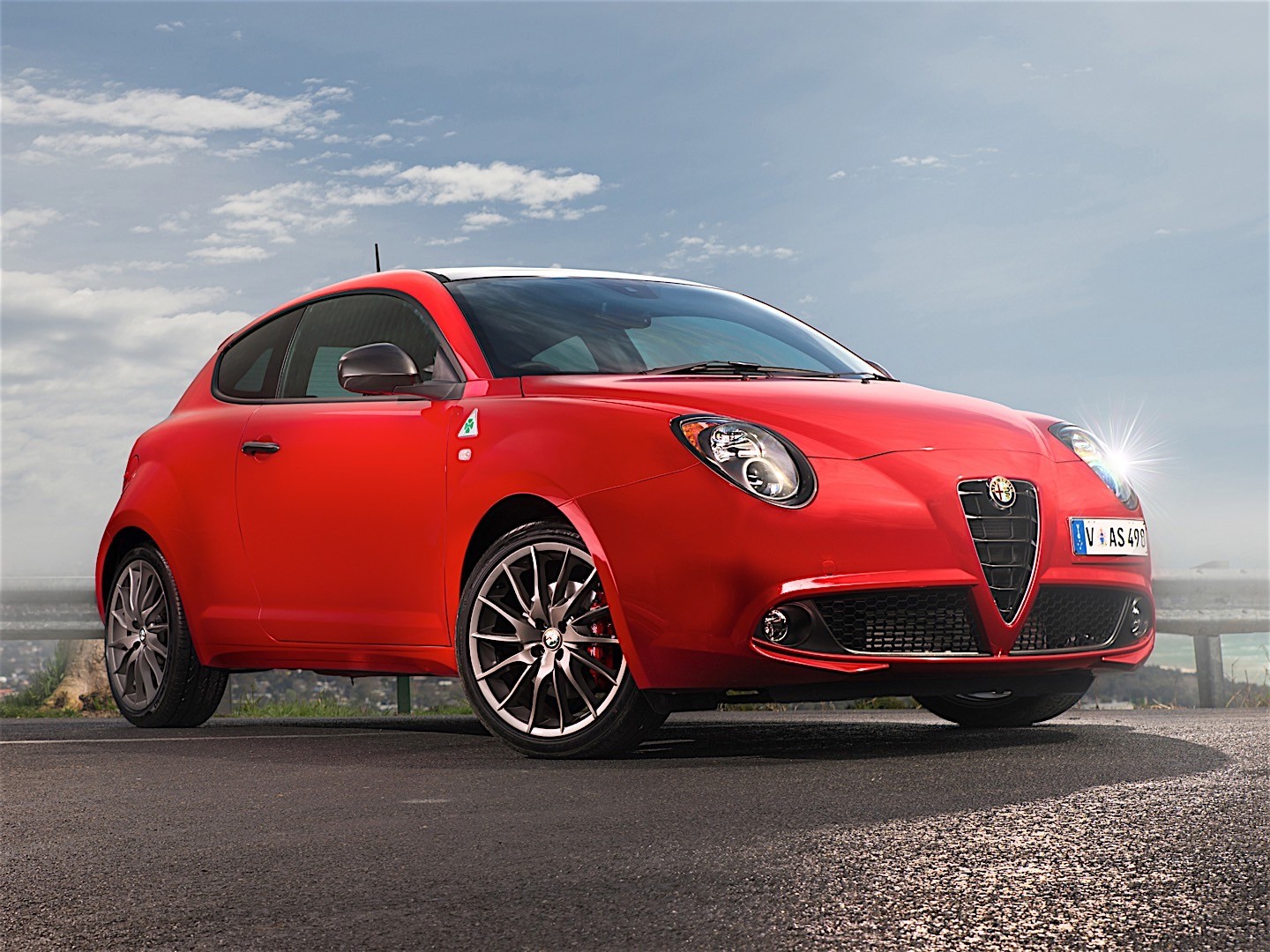
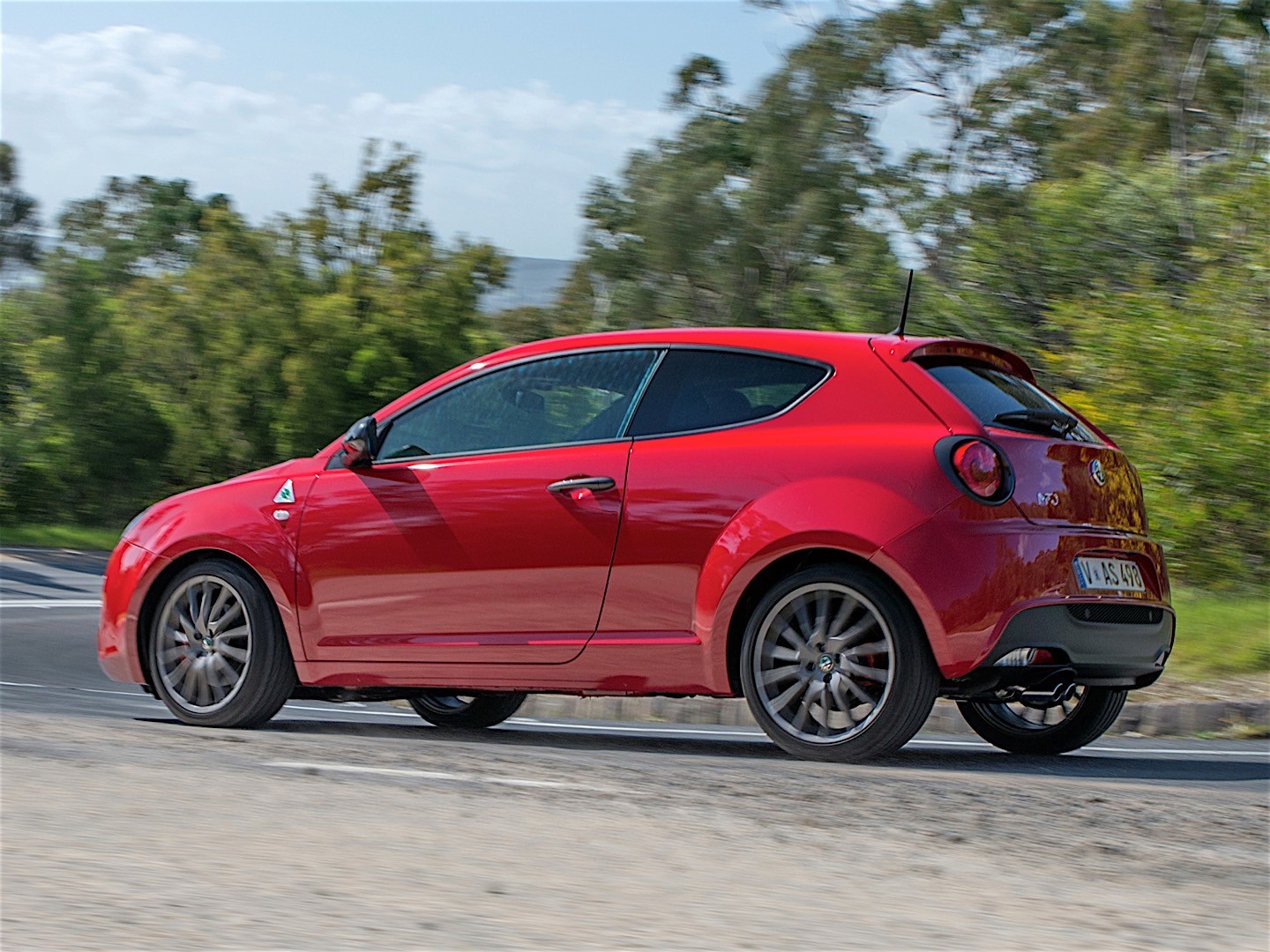
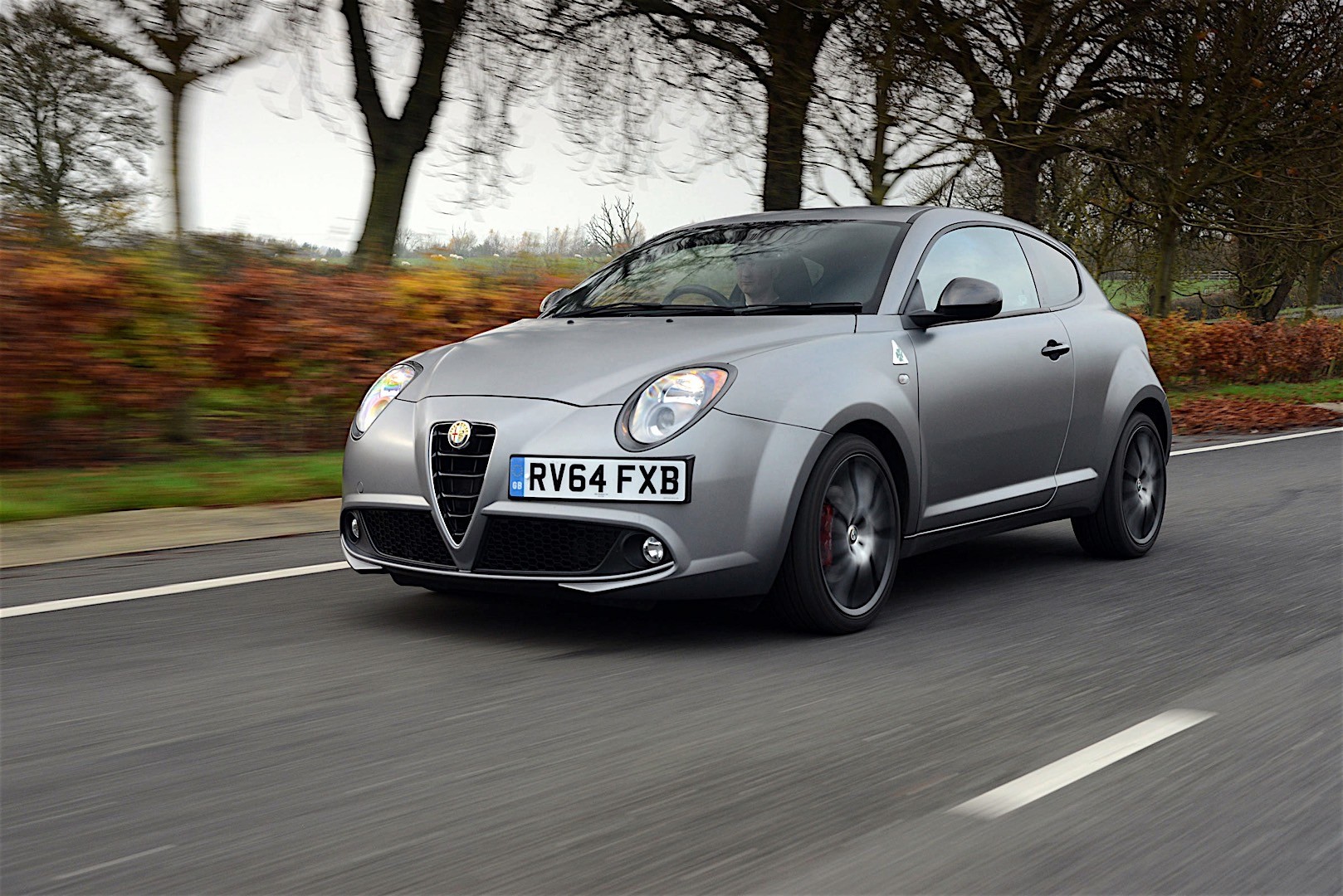
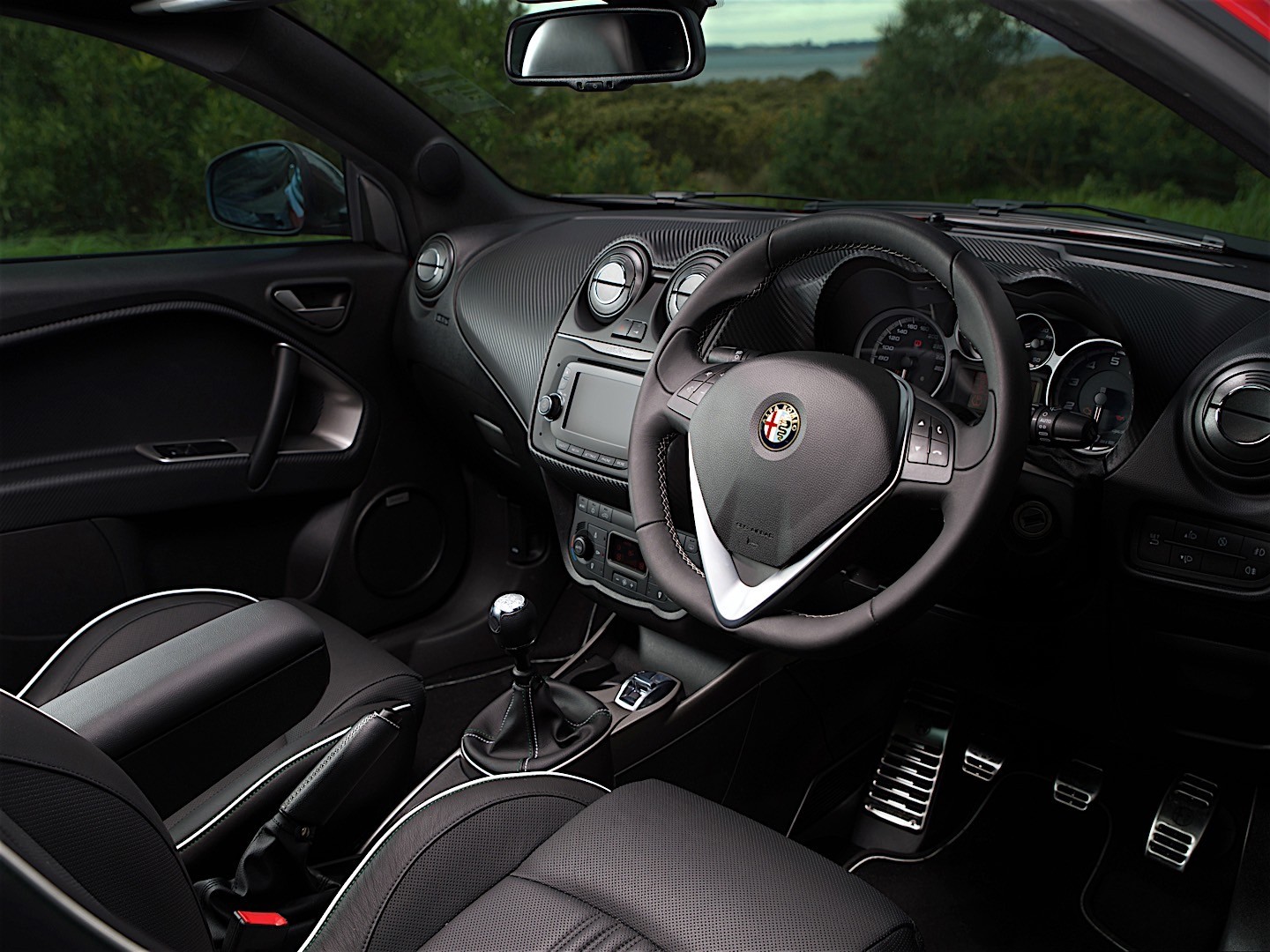
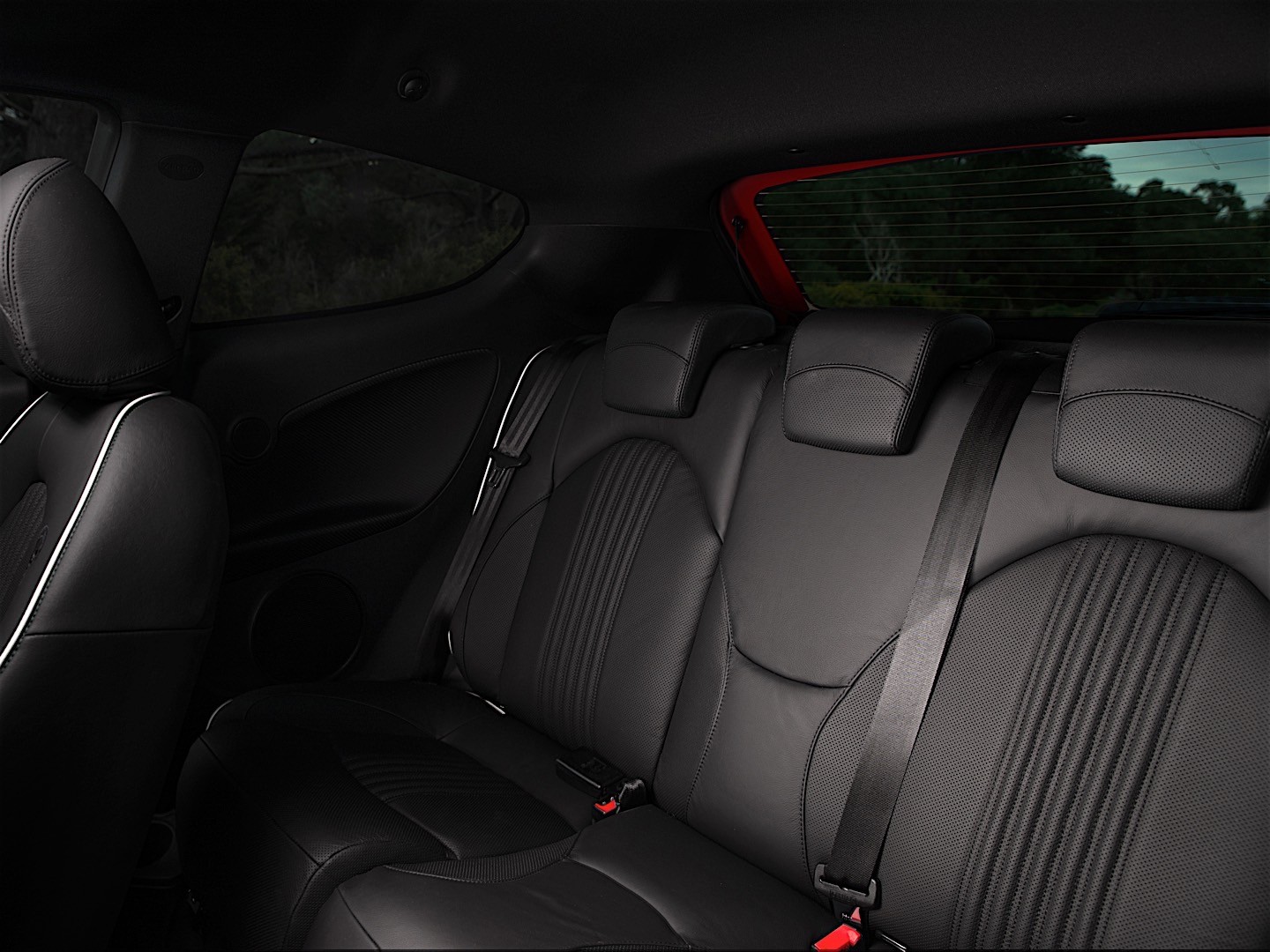
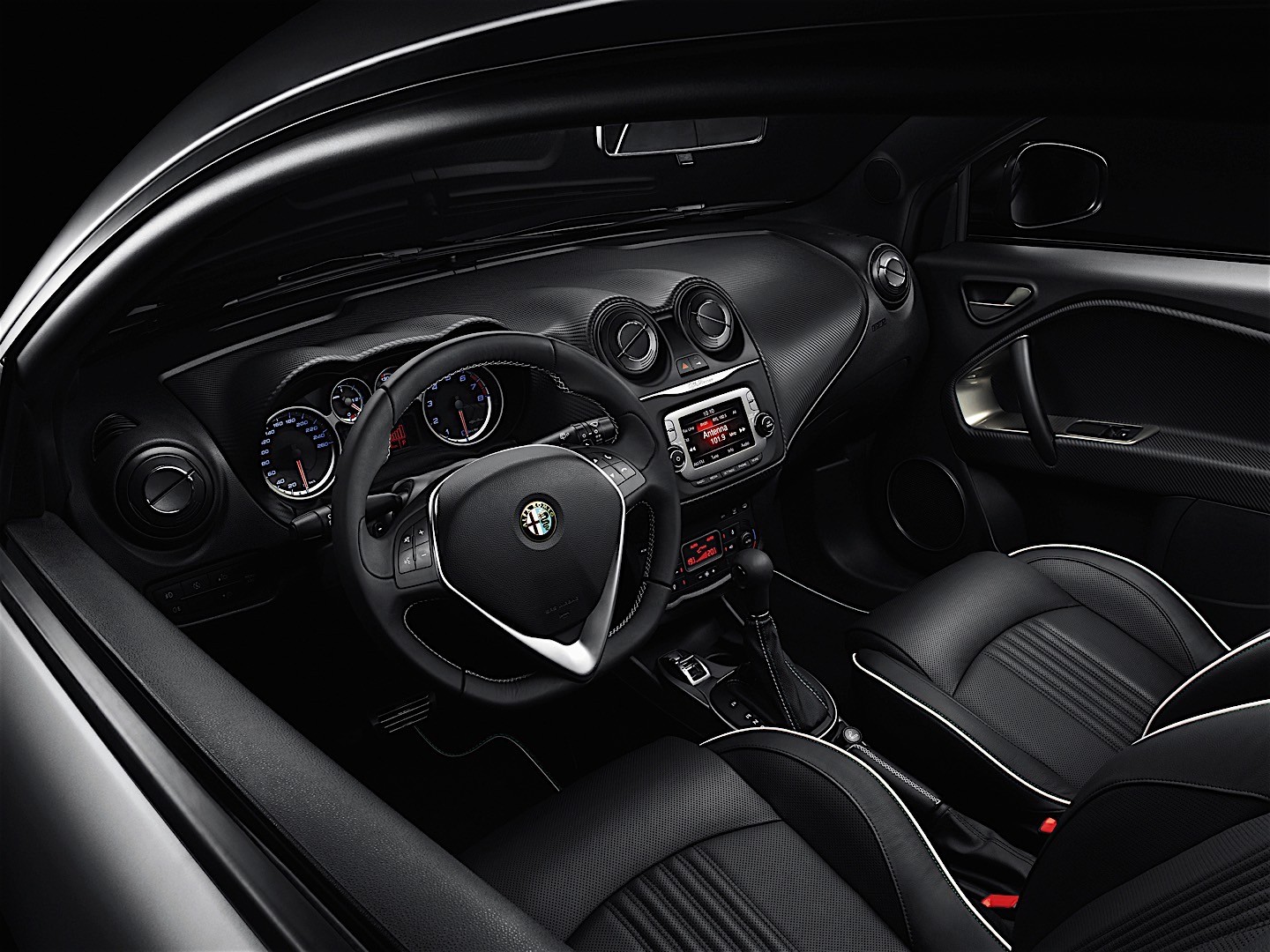
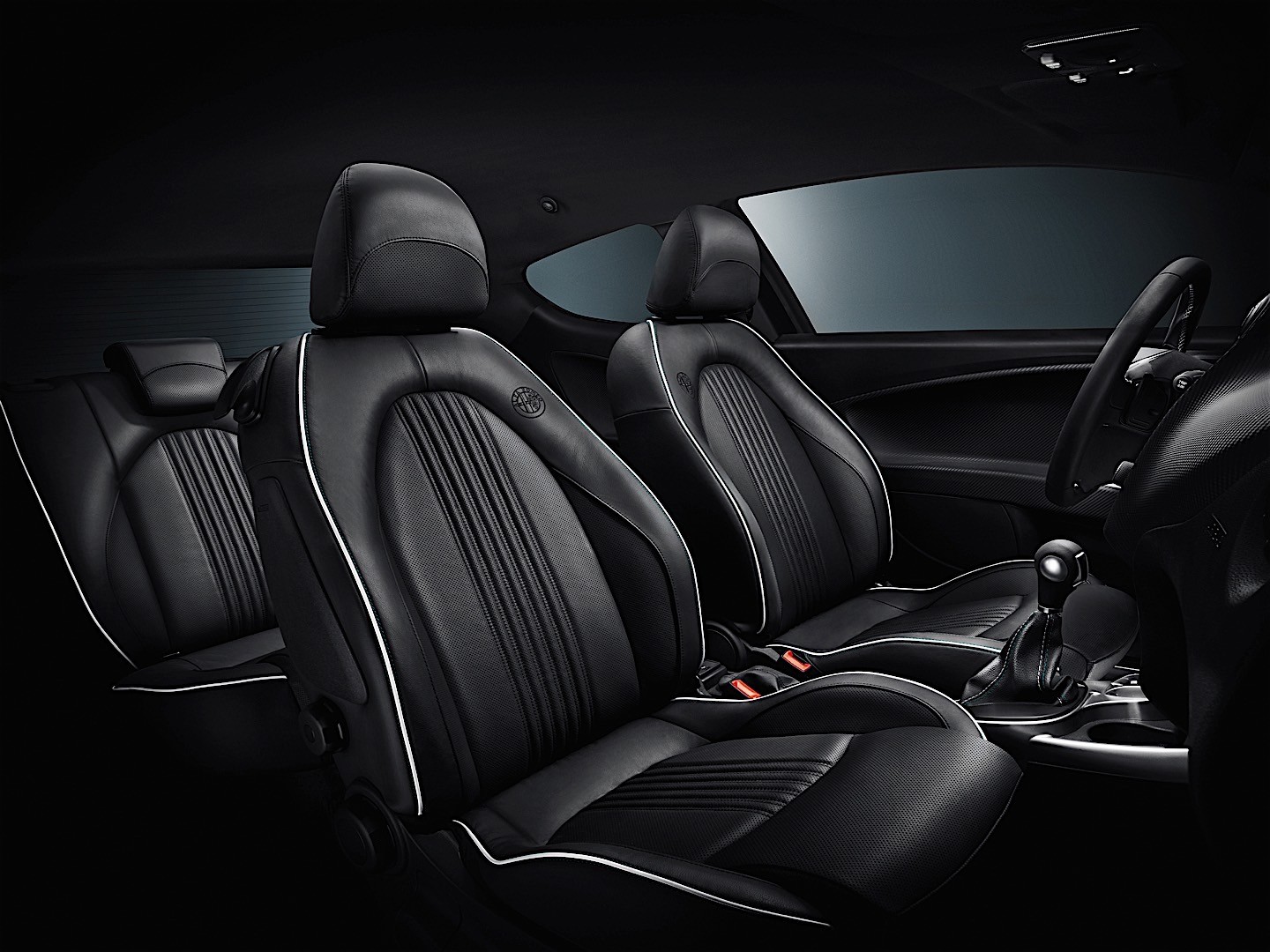
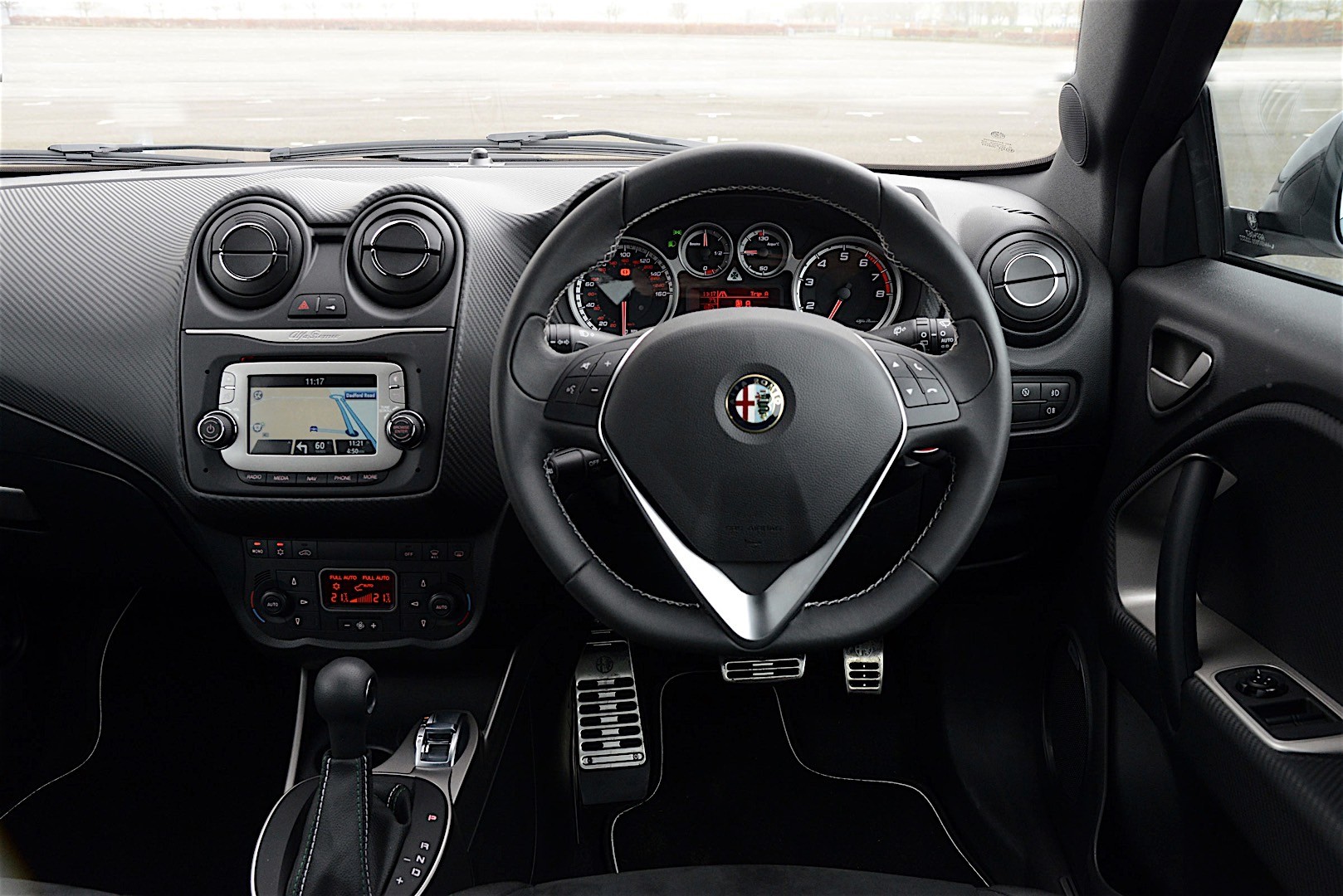
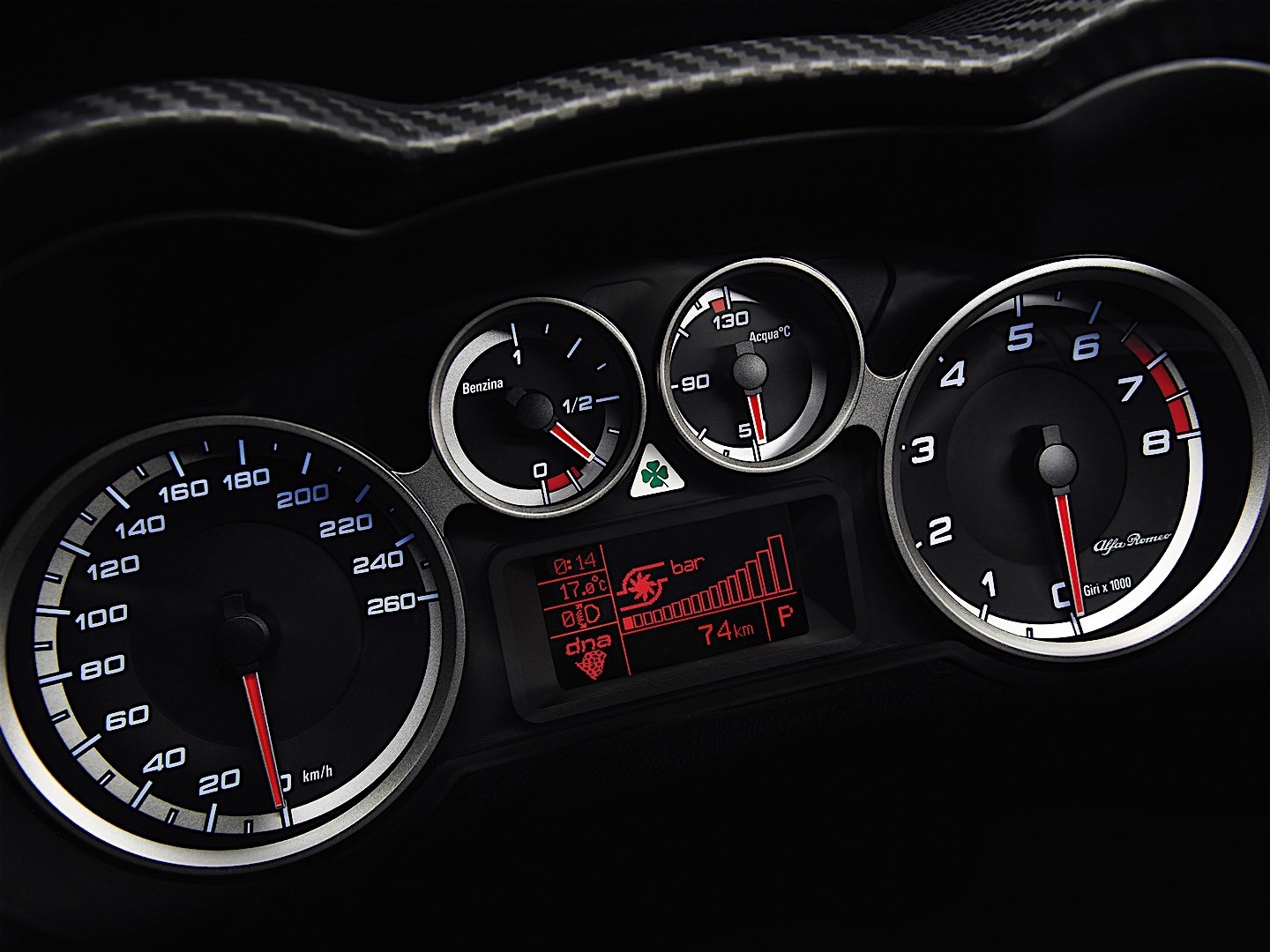
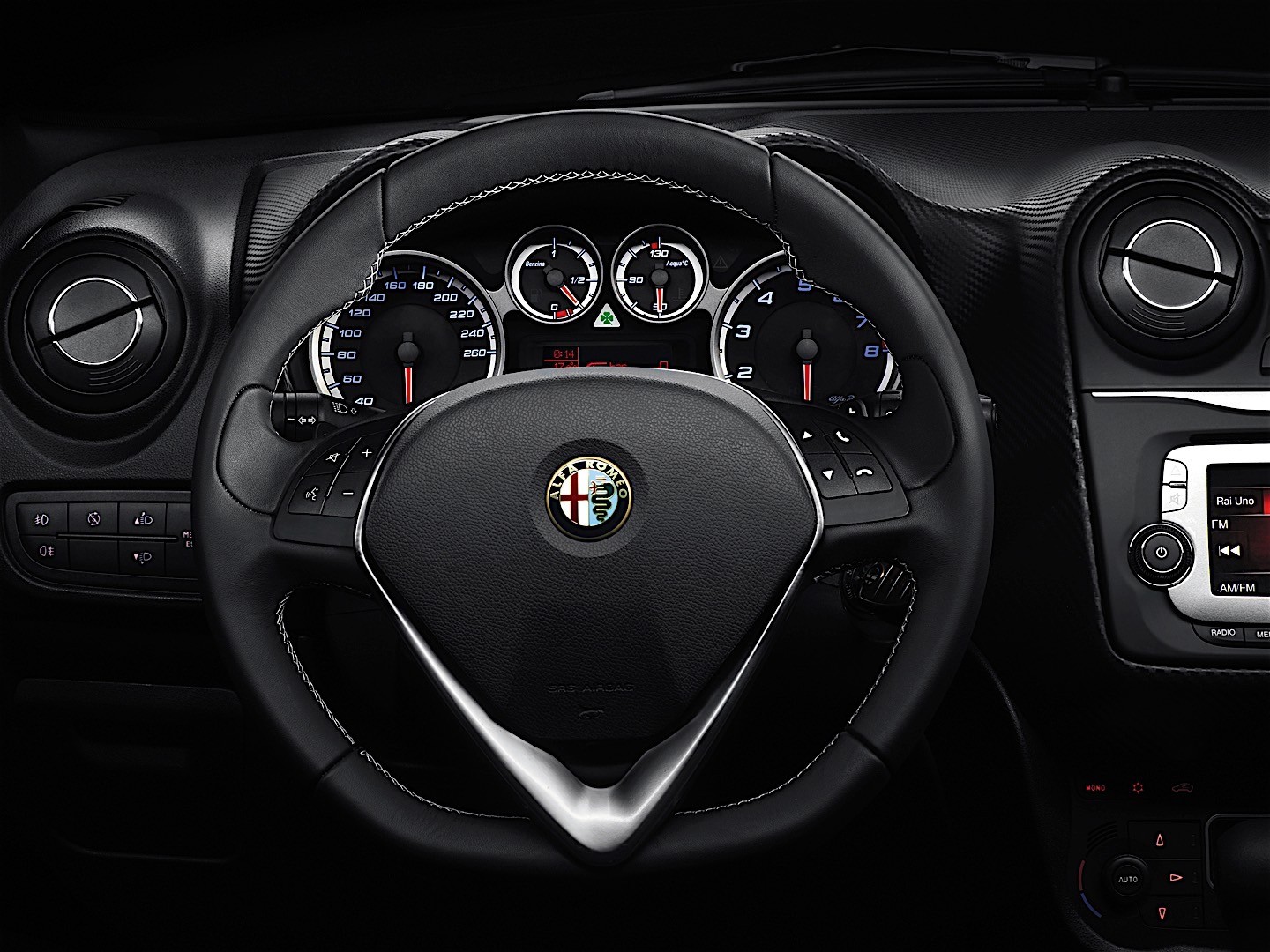
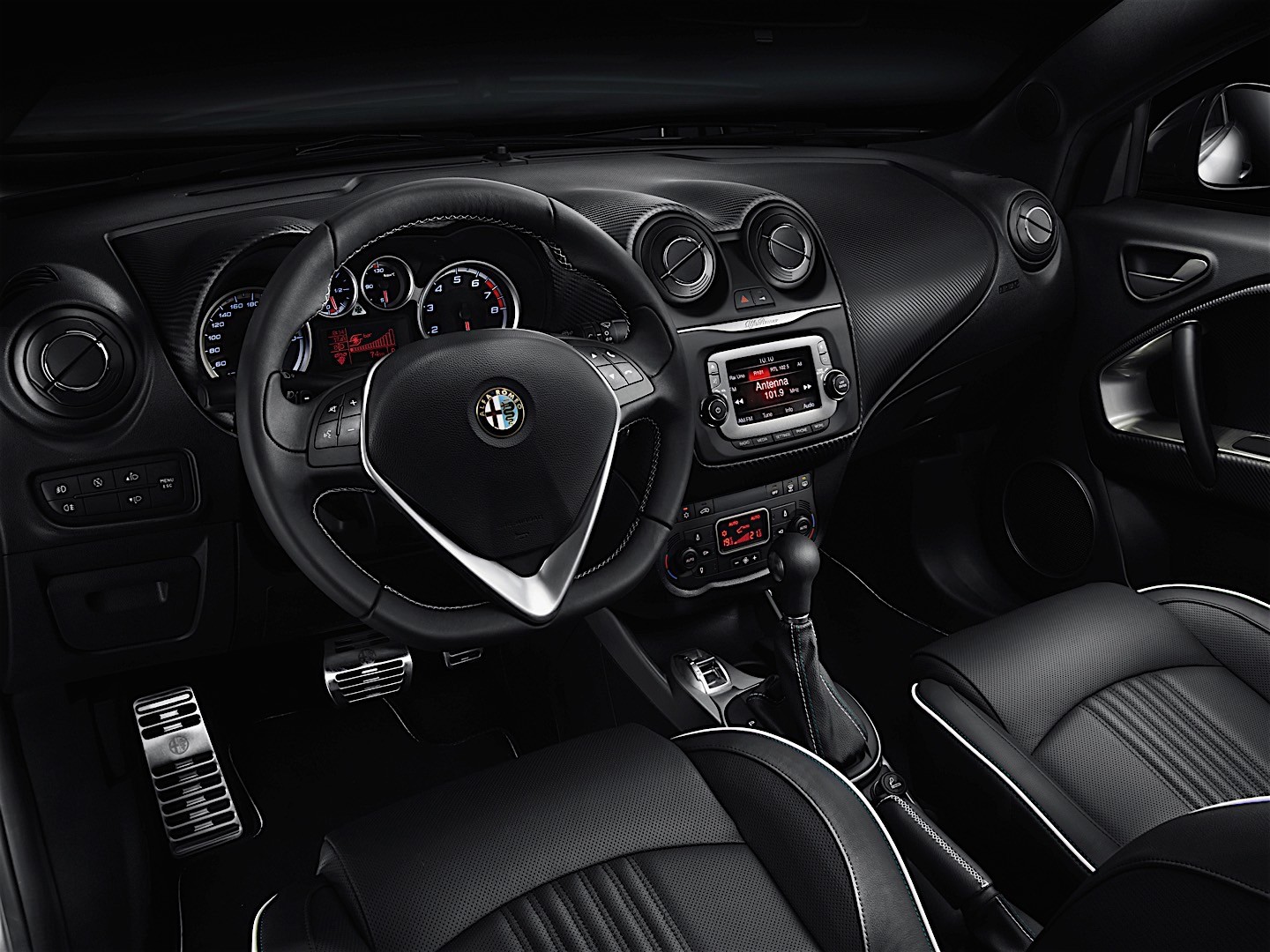
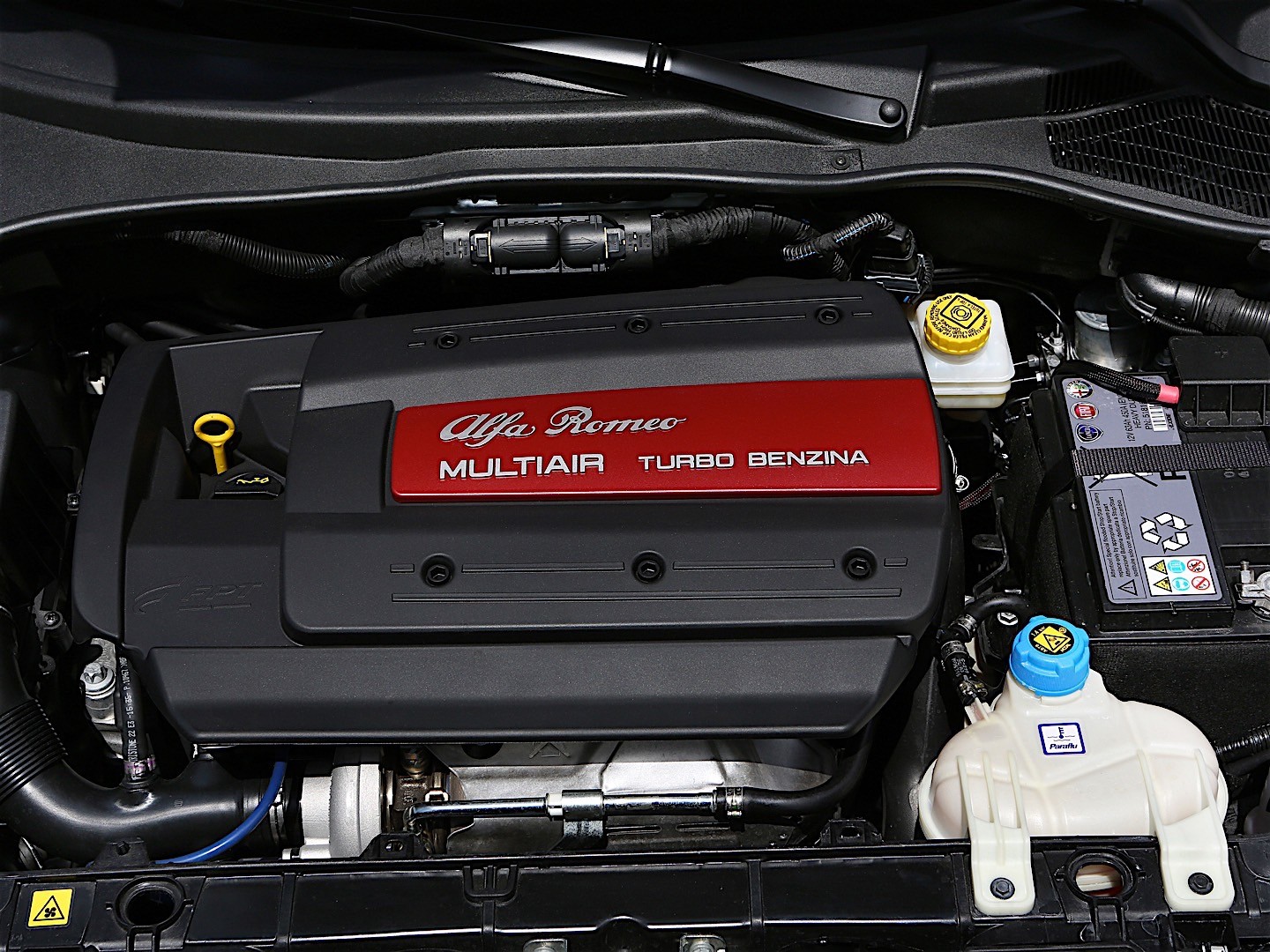
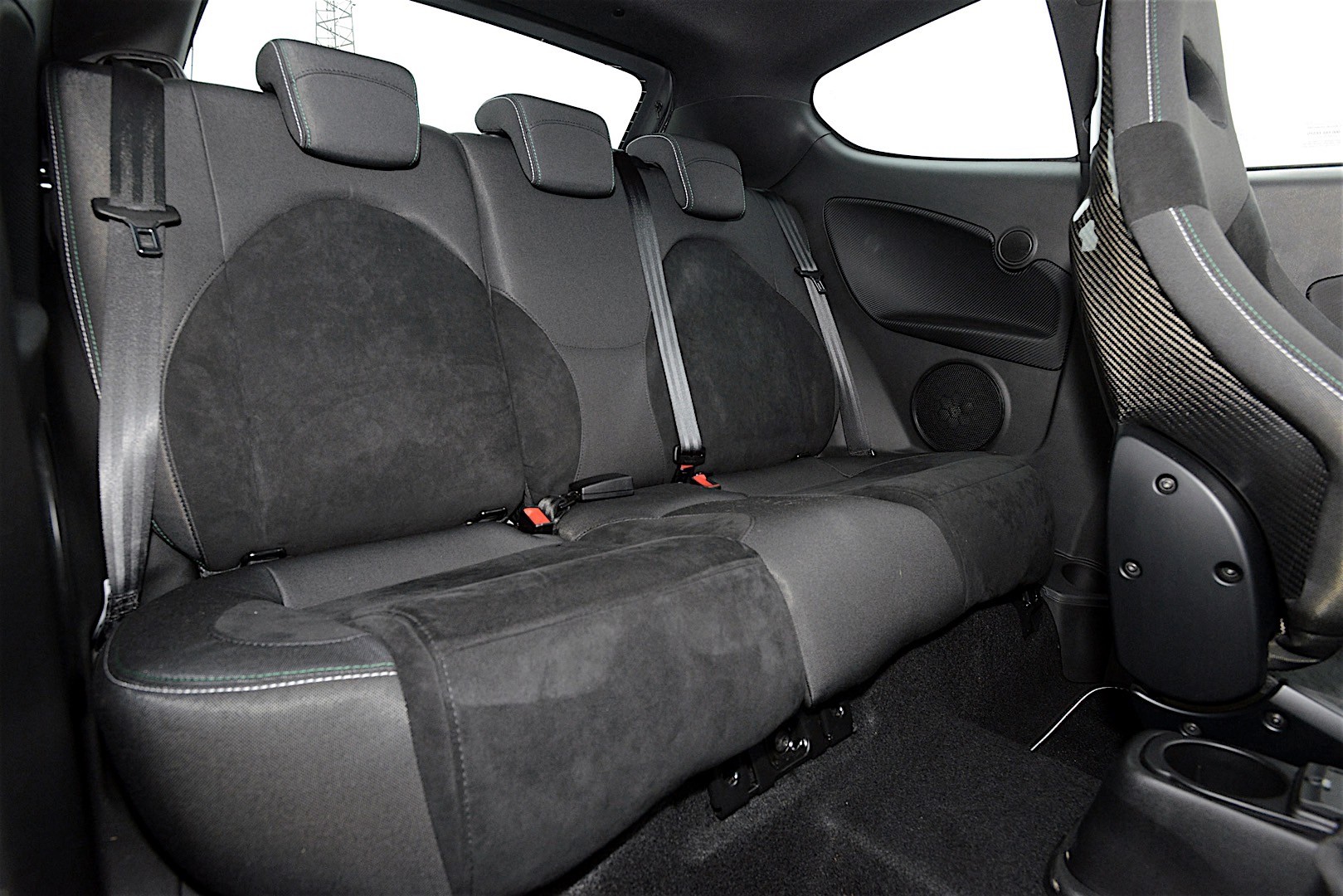
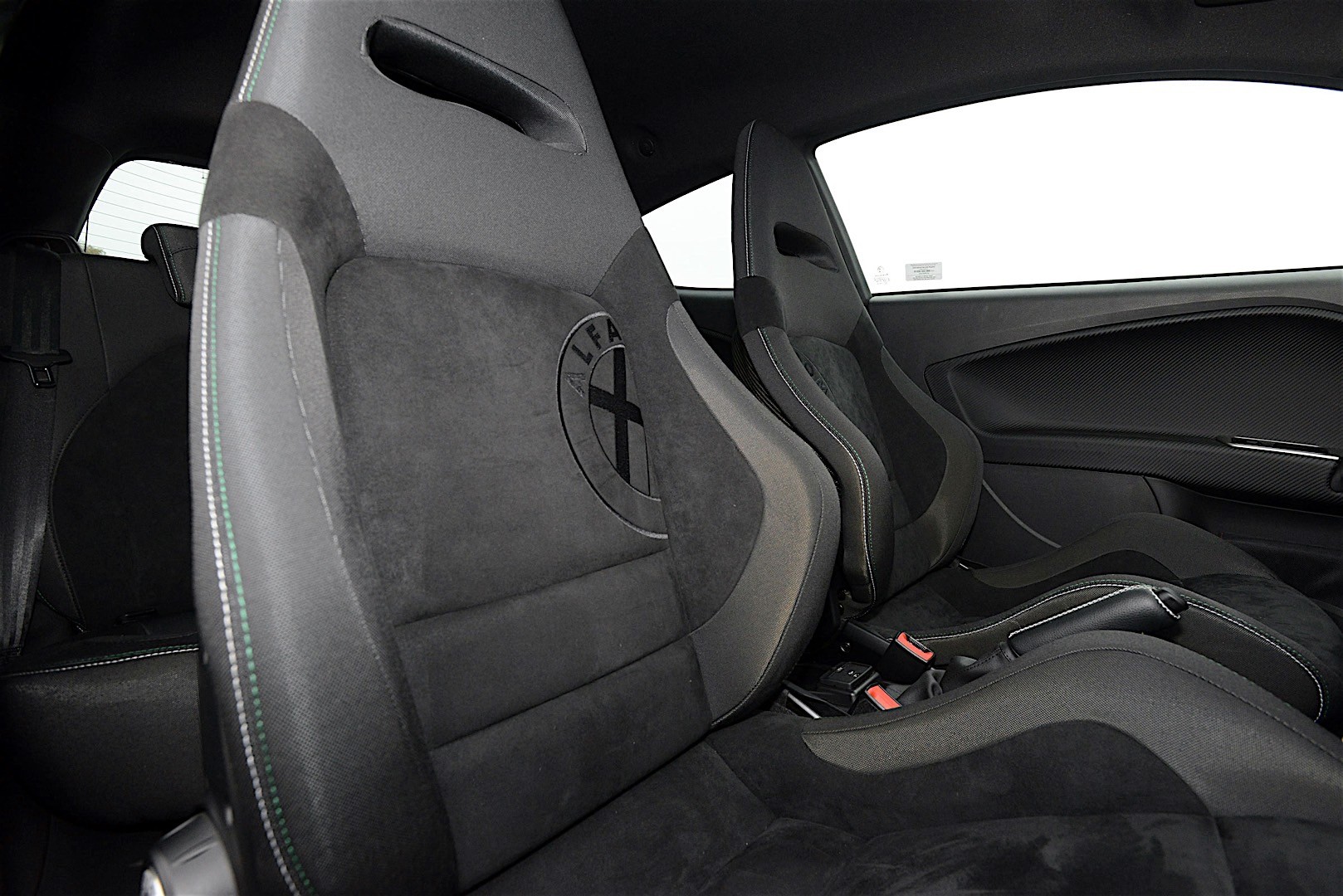
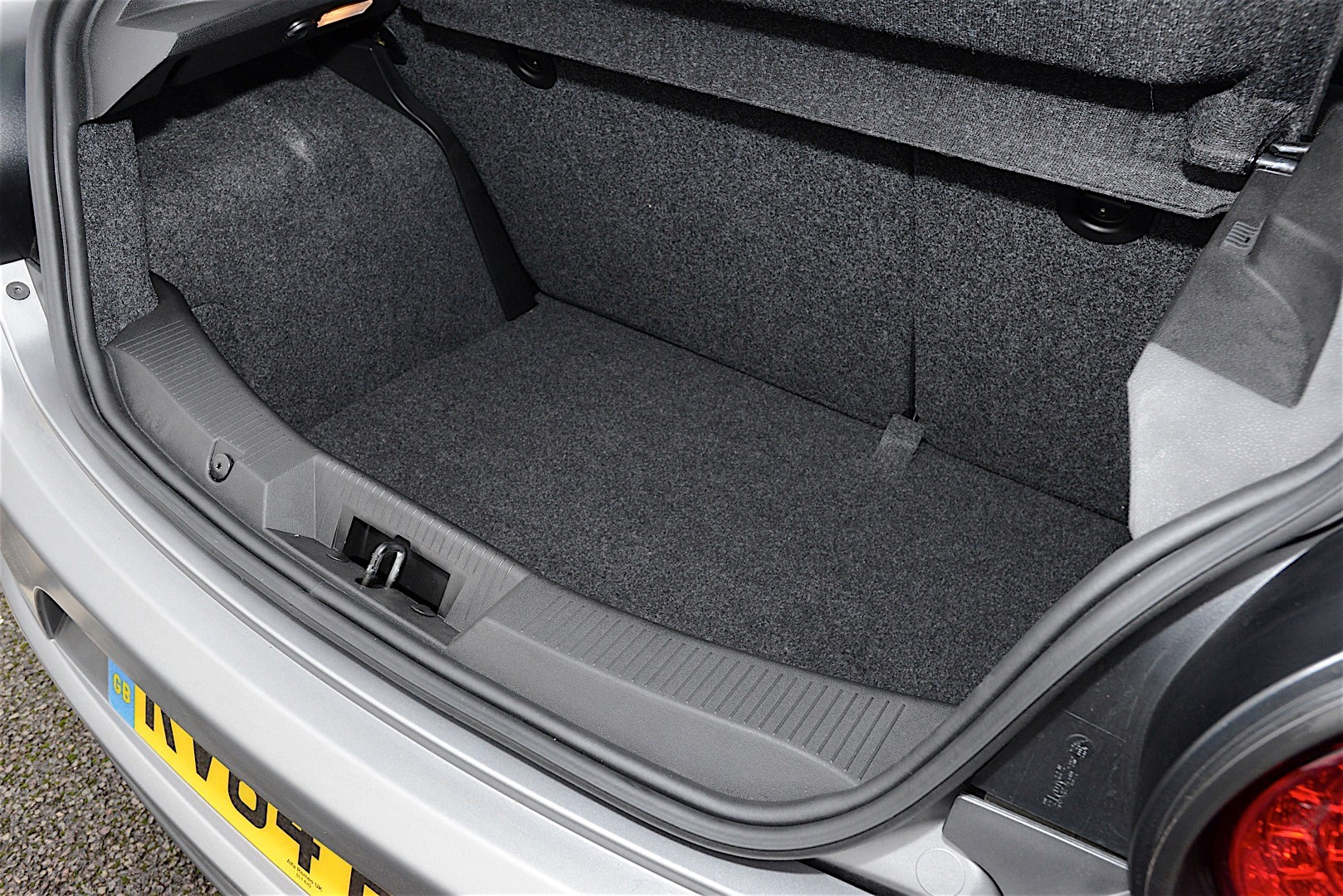
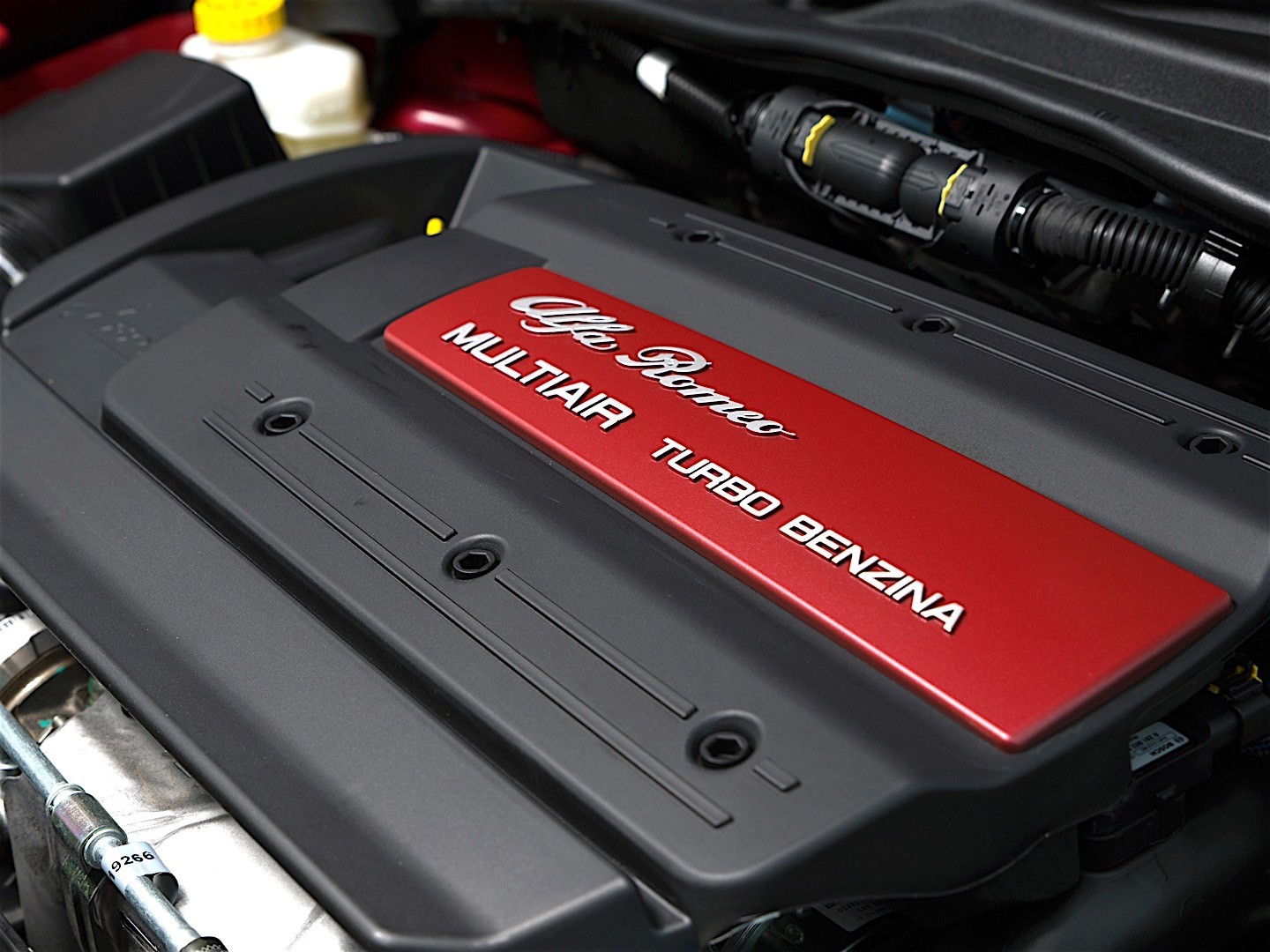
After the financial crisis, Alfa Romeo finally facelifted its smallest-sized vehicle in the lineup, the MiTo, and along with it, the Italian automaker refreshed…
After the financial crisis, Alfa Romeo finally facelifted its smallest-sized vehicle in the lineup, the MiTo, and along with it, the Italian automaker refreshed the most powerful version of it, the Quadrifoglio Verde.
During the world financial crisis, many automakers found themselves in a tight spot. Fiat Group, on the other hand, managed to secure its finances way better than other automakers. But it did that with some radical decisions, and one of them was to keep the MiTo unchanged until 2013 when it finally refreshed it. Some upgrades were difficult to spot, while others were obvious. There were some exterior and interior changes across the range, and some of them were implemented into the Quadrifoglio Verde (four-cloves) version. This unusual name traced its roots back to the 1923 Targa Florio competition, which Alfa Romeo won. The carmaker’s team employed four race drivers for that event: Giulio Masetti, Ugo Sivocci, Antonio Ascari, and Enzo Ferrari. From then on, the sportiest version of the automaker’s vehicles had that unique badge, including the MiTo.
There were no significant changes at the car’s front, except for the four dark burnished slats adorning the Alfa Romeo shield. At the same time, the lower-spec versions of the MiTo had chromed elements. In addition, the automaker restyled and darkened the door mirror caps, handles, and headlights surroundings. Furthermore, the Quadrifoglio Verde badge adorned the front fenders, under the turn signal lamps.
From its profile, the dark design of the 17-inch light-alloy wheels contrasted with the red calipers of the Brembo braking system. A matte Magnesio Grey color was also offered for this version of the MiTo. Like its non-facelifted version, the 2013 MiTo QV featured large wheel arches on both axles and aerodynamically profiled side sills. Finally, at the back, the automaker added burnished surroundings for the taillights, while underneath the bumper it placed a twin exhaust.
Inside, customers were greeted by either standard, leather-wrapped high-bolstered bucket seats, but customers had the option to go for a set of Sabelt sports seats covered in Alcantara and with carbon fiber backrest. In addition, the automaker stitched the QV logo on the seats. In front of the driver, Alfa Romeo placed a four-dial instrument panel with a red TFT display in the middle that showed essential data for the one behind the wheel. Customers could opt for a new infotainment system developed together with Continental. It was available with the TomTom navigation system and included an advanced Bluetooth connection that allowed SMS text message readings via text-to-speech function. Furthermore, the 5-inch touchscreen allowed customers to select their desired music from their iPods connected to the system via a USB port. In the back, the split-folding (60/40) seatback could expand the trunk space.
There were no significant upgrades in the MiTo QV range compared to its predecessor. The turbocharged 1.4-liter gasoline unit produced 170 PS (168 hp). But Alfa Romeo still had an ace up its sleeve: the six-speed dual-clutch gearbox. Thanks to its low reaction time, this unit could ensure better acceleration times thanks to its quicker gear changes.
Begijnhof, 8000 Brugge, Belgium
Begijnhof, 8000 Brugge, Belgium
Begijnhof, 8000 Brugge, Belgium
Begijnhof, 8000 Brugge, Belgium
Begijnhof, 8000 Brugge, Belgium
Begijnhof, 8000 Brugge, Belgium
Begijnhof, 8000 Brugge, Belgium
Begijnhof, 8000 Brugge, Belgium
Begijnhof, 8000 Brugge, Belgium
Begijnhof, 8000 Brugge, Belgium
Offer an price, more info or anything you want
Consumer reviews